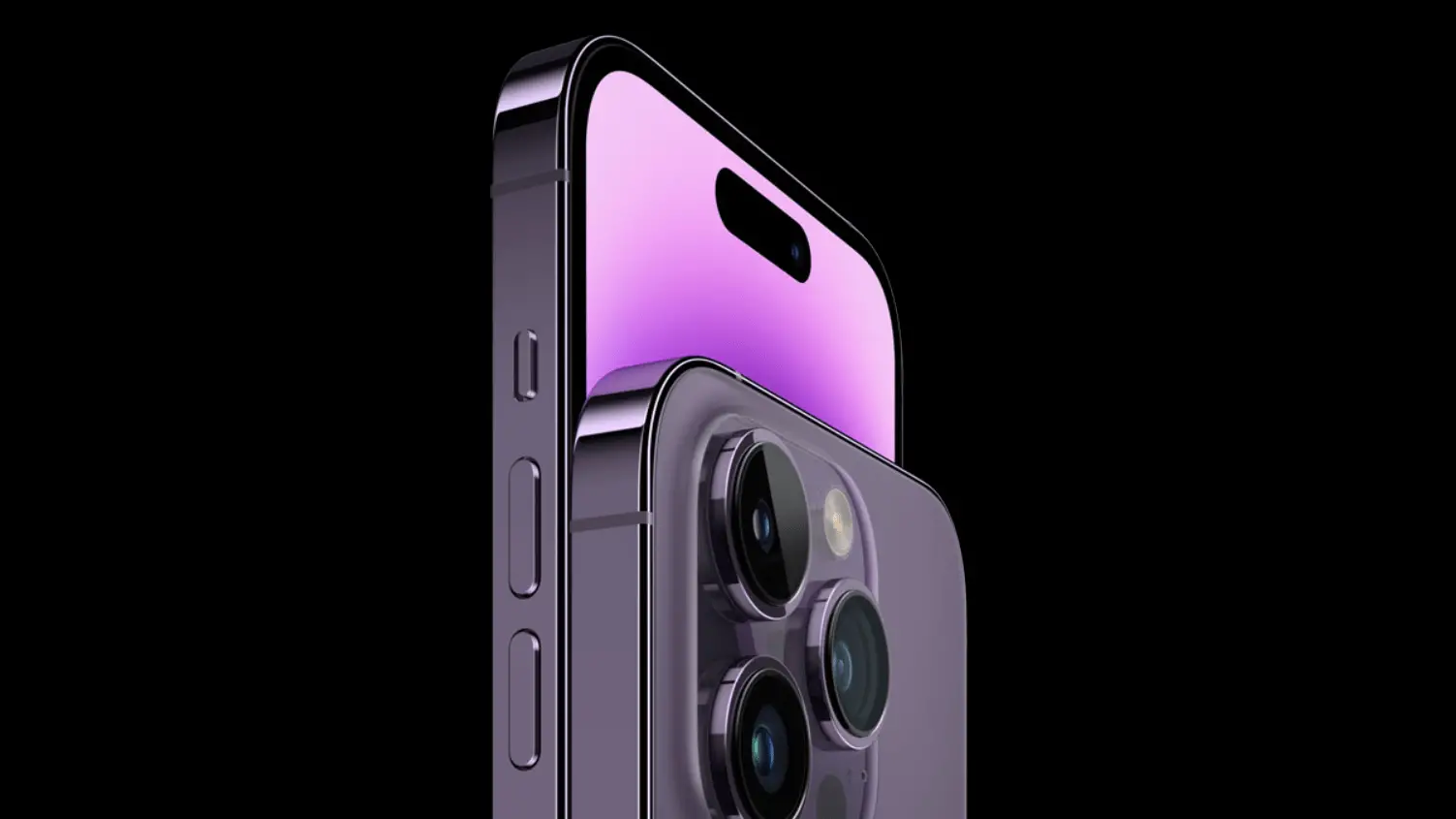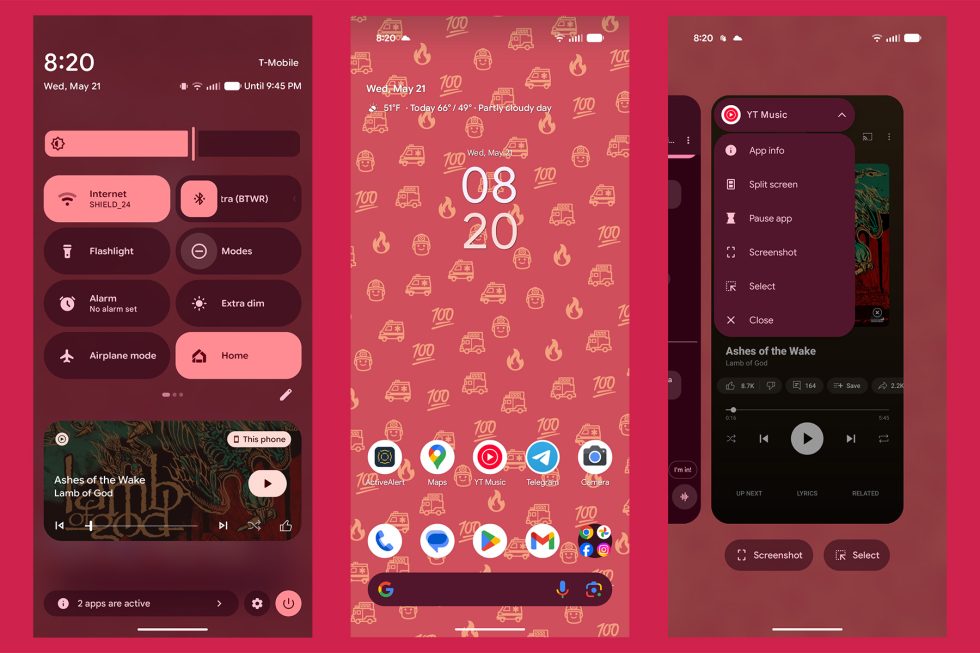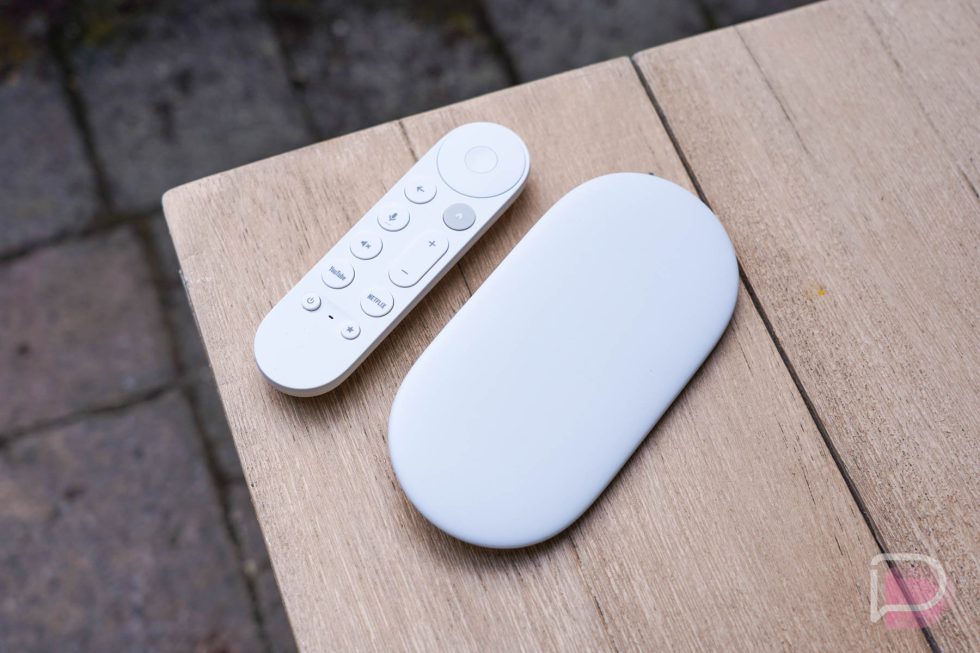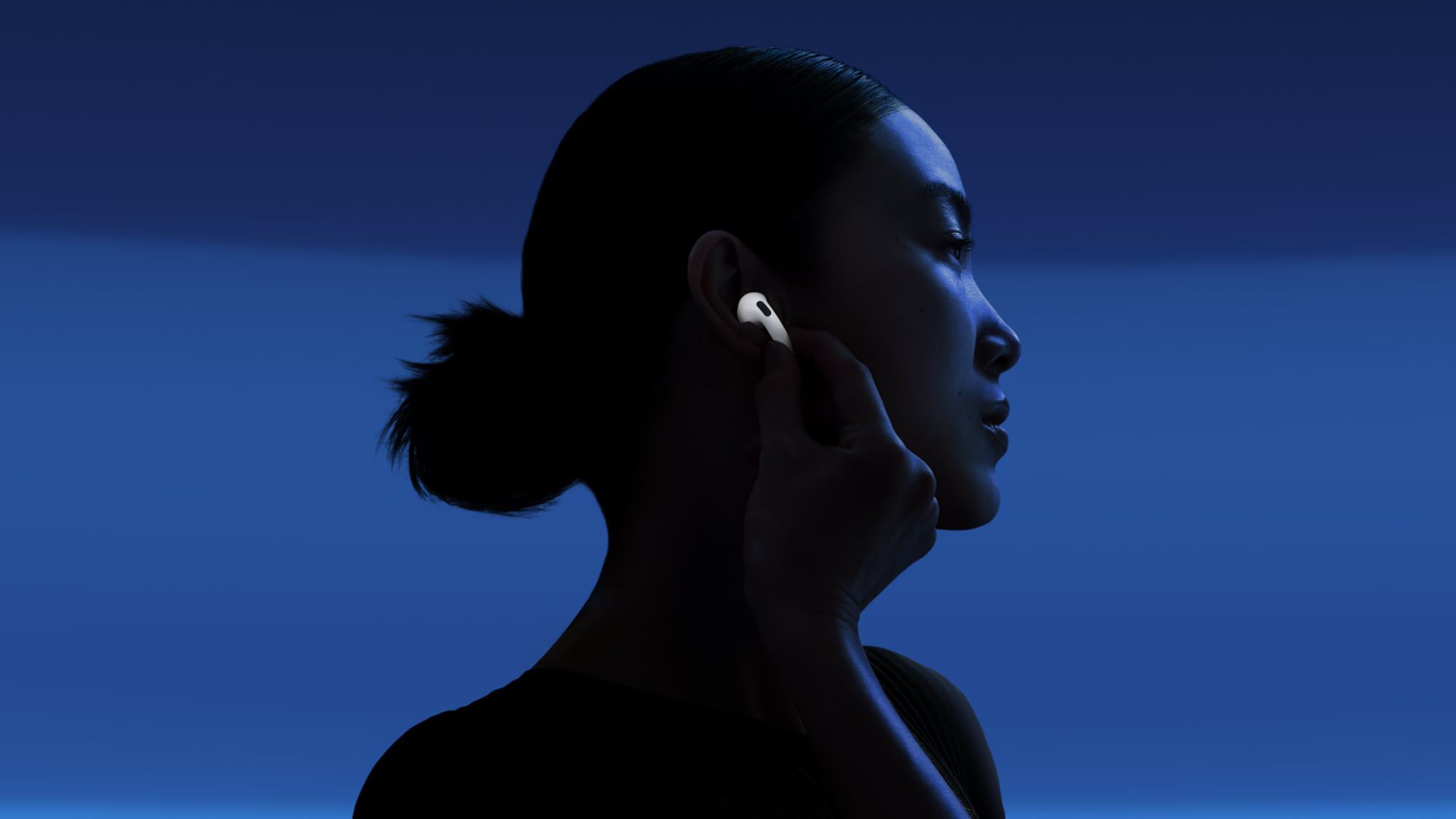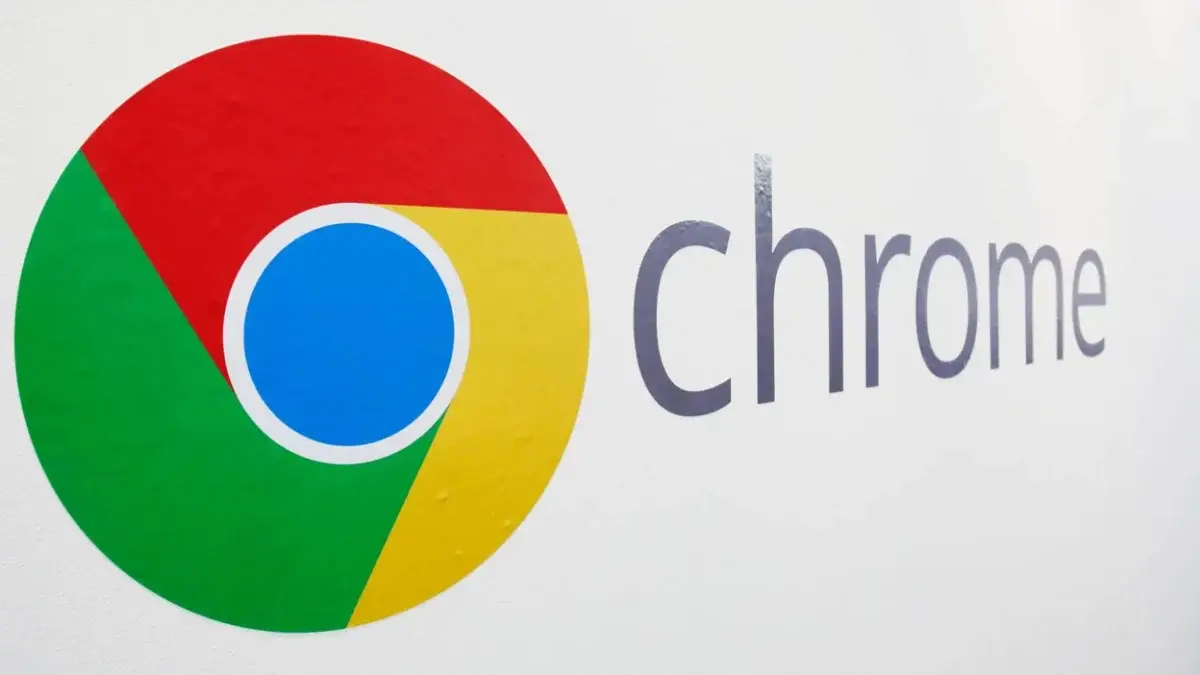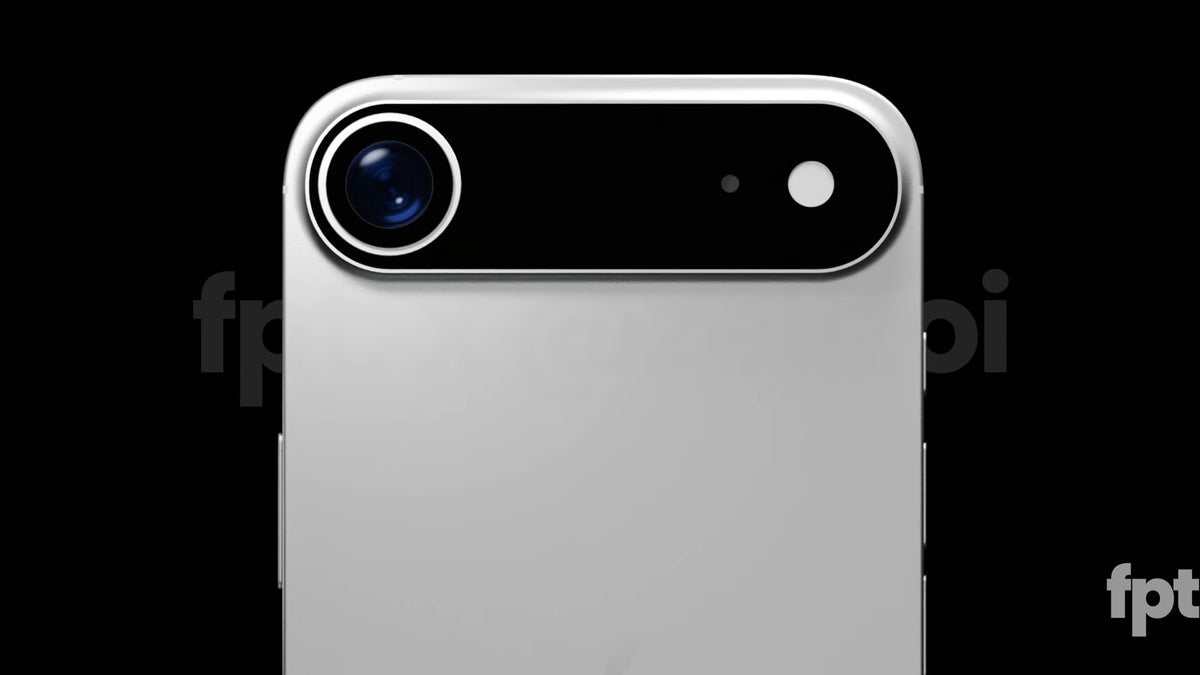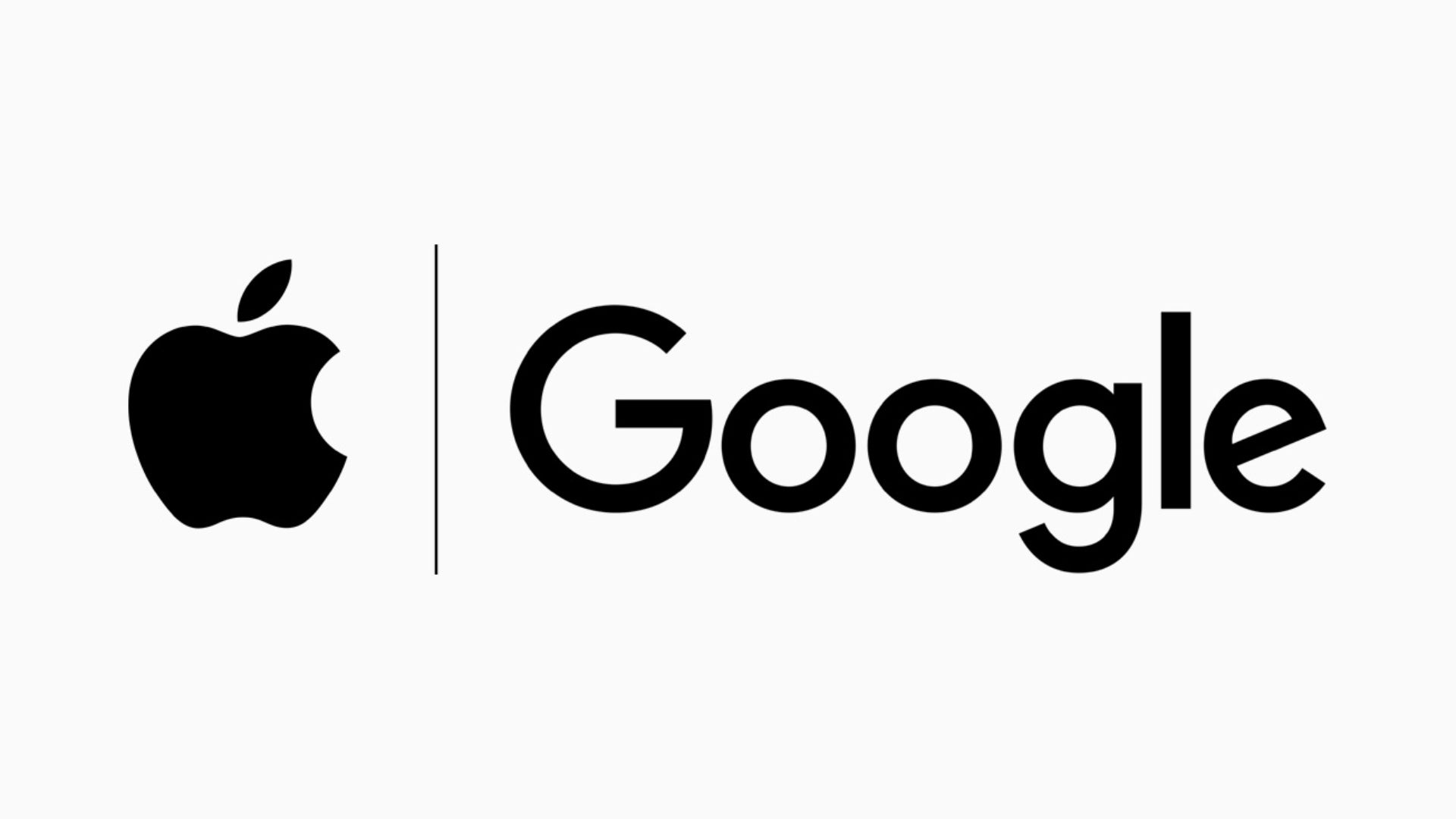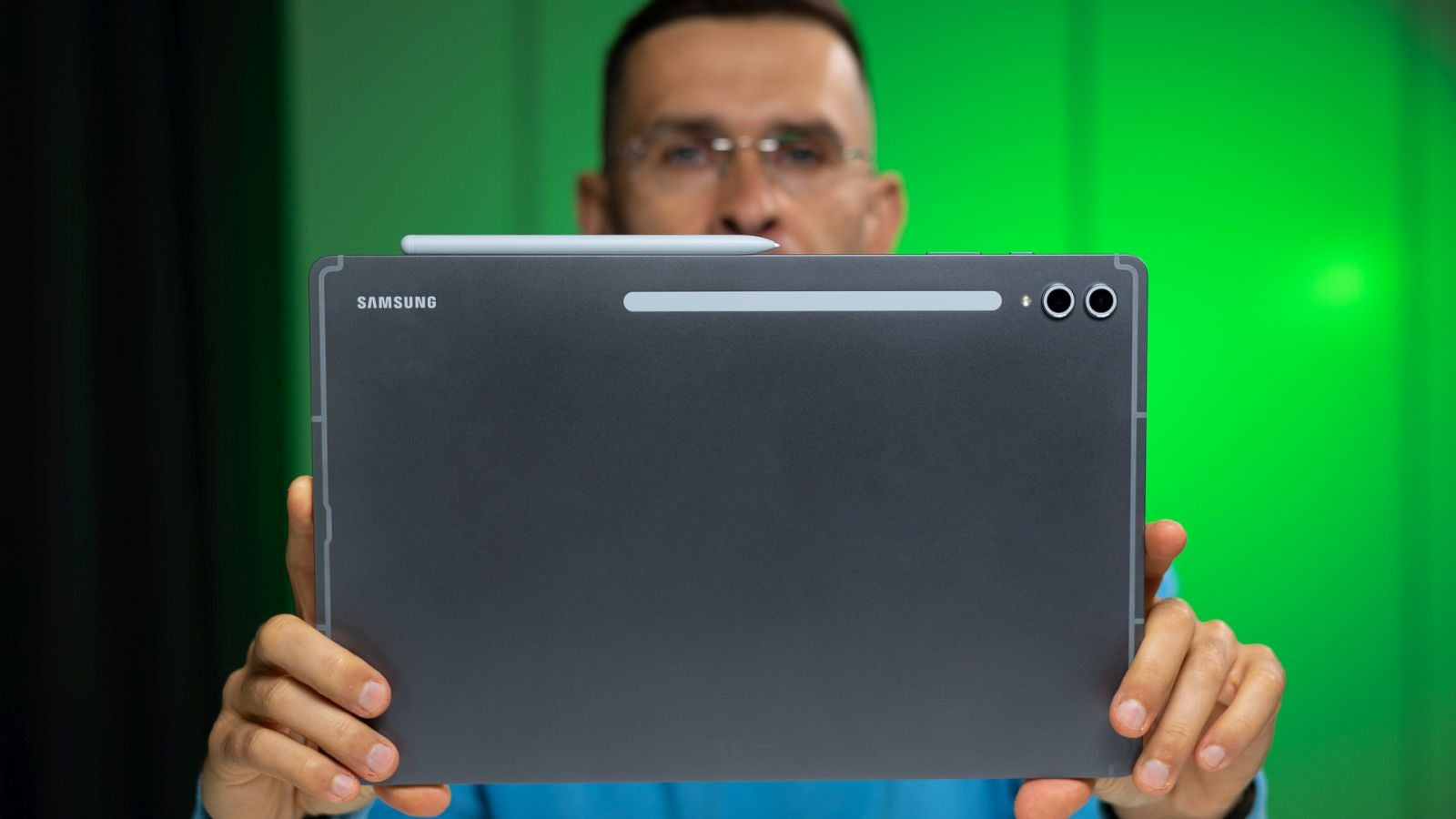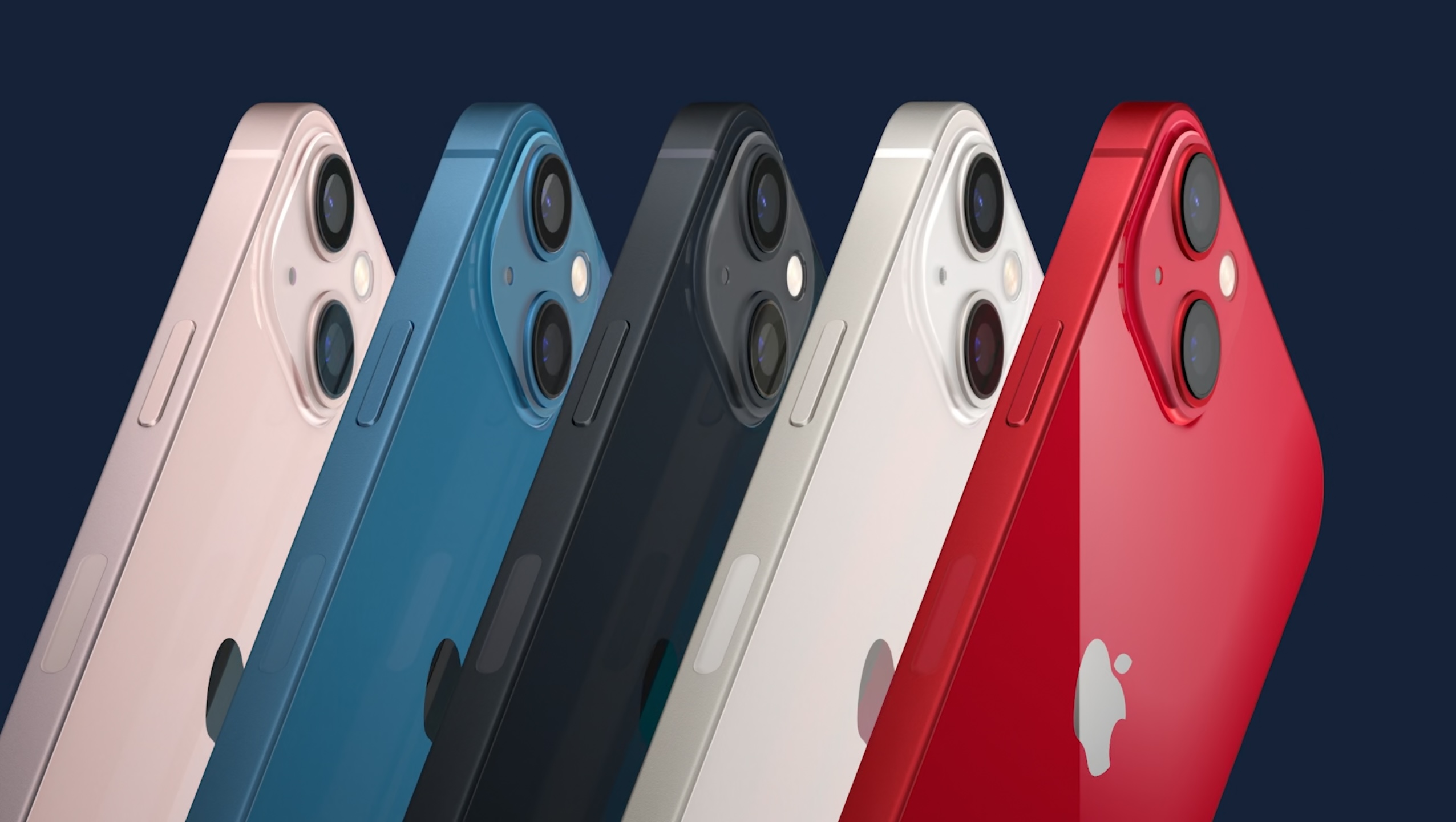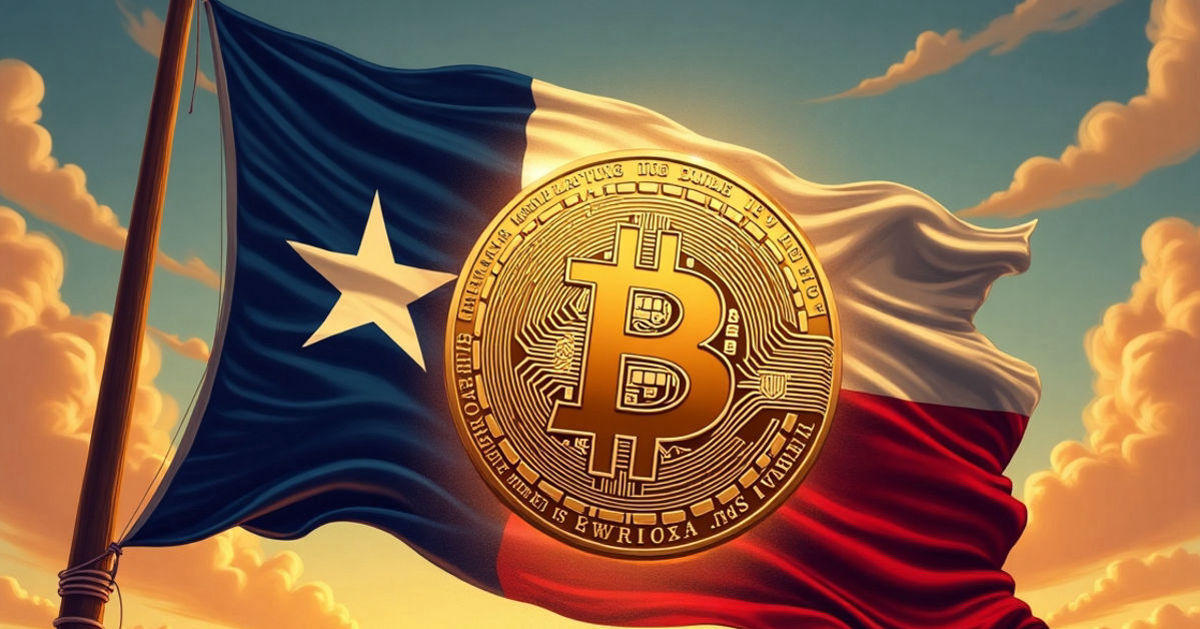Wi-Fi vs 5G For Android – Which Provides A Better Connection?
Which one offers a better connection for Android devices: Wi-Fi 6 or 5G? This question has split Android enthusiasts who use their phones for everything, from work to entertainment to financial management. Both Wi-Fi 6 and 5G offer faster speeds, less latency, and better security, transforming how we navigate the online world. However, each of these connection types has different technologies that power them, and different use cases, so which is best for Android phones and tablets? Why A Fast Connection Is Important Having a fast internet connection on your phone or tablet is crucial in today’s digital age. A […] The post Wi-Fi vs 5G For Android – Which Provides A Better Connection? appeared first on Phandroid.
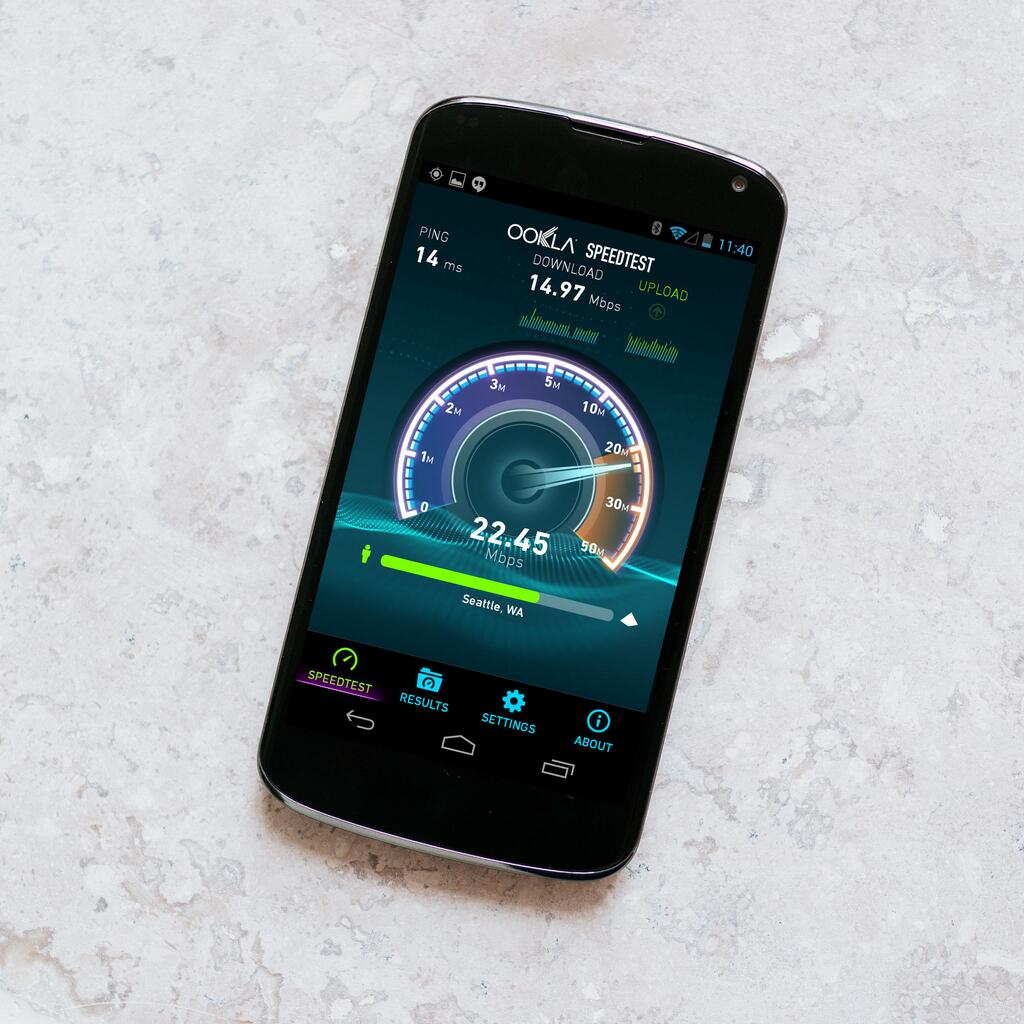
Which one offers a better connection for Android devices: Wi-Fi 6 or 5G? This question has split Android enthusiasts who use their phones for everything, from work to entertainment to financial management.
Both Wi-Fi 6 and 5G offer faster speeds, less latency, and better security, transforming how we navigate the online world. However, each of these connection types has different technologies that power them, and different use cases, so which is best for Android phones and tablets?
Why A Fast Connection Is Important
Having a fast internet connection on your phone or tablet is crucial in today’s digital age. A fast connection, via Wi-Fi or 5G, provides the following advantages:
- Work requirements: Many people work remotely, where video calls and accessing emails on their phones are part of their daily routine. A fast and stable connection allows for clear calls, instand downloading of attachments, and improved productivity.
- Entertainment: Android devices are a key source of entertainment for most people. Phones are used for gaming and streaming movies, series, audiobooks, and music. For example, people who use their phones to access the best betting apps require a fast connection to ensure they get live odds and real-time updates on the sporting event they’ve wagered on.
- Social media: A fast connection allows videos and posts to load quickly as the user scrolls.
- Messaging: Most messaging apps rely on an internet connection to send and receive text messages and media.
- Smart home devices: A stable connection means the phone and smart home device are connected, and the devices function efficiently and reliably.
The Difference Between Wi-Fi and 5G
Wi-Fi and cellular networks have coexisted for many years. Wi-Fi is a local area network (LAN) that is used indoors, like in an office, home, coffee shop, airport, or hotel. Cell networks, like 4G and 5G, are used mostly outdoors and are a wide area network (WAN) used over long distances. Cellular networks can also be found indoors.
About Wi-Fi 6
Wi-Fi is a wireless network technology that makes use of radio waves to provide internet access.
Wi-Fi 6 (just called Wi-Fi) is a wireless standard defined by IEEE 802. 11ax. It has been built on its predecessor, Wi-Fi 5, to deliver a higher capacity, lower latency, and better speeds.
It is a big upgrade from Wi-Fi 5, introducing new technologies like Orthogonal Frequency Division Multiple Access (OFDMA) and traffic prioritization. Wi-Fi operates on both the 2.4 GHz and 5 GHz bands, and Wi-Fi 6E can extend to 6 GHz.
Wi-Fi enables fast speeds even in congested areas. Think about an airport or hotel where hundreds of devices are connected to the network. Even so, the network delivers efficient, fast performance.
About 5G
5G is the latest cellular network technology that offers faster data speeds and a greater network capacity. 5G comes after its predecessors: 2G, 3G, 4G, and LTE. It offers lower latency and supports artificial intelligence (AI) and Internet of Things (IoT) applications. 5G is also more stable and secure than the cellular networks that came before.
5G is predominantly used outdoors, as many people have home Wi-Fi networks to access the internet indoors.
Is Wi-Fi or 5G Better For Android Devices?
Wi-Fi and 5G offer various advantages to Android users.
Speed and data rates
Both Wi-Fi 6 and 5G are upgrades from their predecessors, with faster speeds and better data rates.
Wi-Fi can reach up to 10 Gbps data rates, while 5G can reach peak rates up to 20 Gbps. However, these rates won’t be consistently delivered, and depend on how many devices are connected to a single network.
Latency
Latency is defined as the time it takes to deliver data packets from one point to another.
Wi-Fi 6 offers a low latency, especially in areas where a lot of devices are connected. Thanks to features like multiuser multiple input and OFDMA, the time it takes for data to be transferred between the network and devices are lessened.
5G also offers low latency, making it ideal for communication in real-time.
One big difference between Wi-Fi and 5G is in its coverage while maintaining high speeds. Wi-Fi is not designed for macro-area coverage, but is better for managing network congestion.
Device support
Both networks can support several devices at the same time. Individual Wi-Fi routers can, on average, support 250 devices with multiple access points.
Reportedly, 5G can handle up to 1 million conections per 0.38 square miles (1 sq km). It makes 5G ideal for areas where plenty of people require connection and support for IoT.
Security
Wi-Fi tends to be extremely secure, especially if it is a private Wi-Fi network that must be accessed using a password. This security is enhanced with Wi-Fi Protected Access 3 (WPA3), a security protocol. Wi-Fi networks are commonly encrypted, too, and the use of a VPN can further protect user data.
When it comes to 5G, there are security risks due to misconfigurations, incorrect patching, and constantly emerging vulnerabilities.
Use cases
As mentioned, Wi-Fi technology is best suited for indoor use, whereas 5G cellular networks are best for outdoor use as they can cover a wider area.
What that means for Android users is that when traveling or commuting, it is a good option to connect to a 5G network, whereas when at work or at home, a Wi-Fi network will be best.
Final Thoughts
When it comes to the question of whether Wi-Fi or 5G offers a better connection, the answer is “it depends”. The two technologies complement one another. Wi-Fi offers better speeds and unlimited data (for uncapped plans), but coverage is limited. 5G is highly mobile and has a wide outdoor coverage, but connection can be inconsistent.
If the Android device and home router are compatible with Wi-Fi 6, it will typically outcompete 5G, but this only applies in areas that are covered by the Wi-Fi network.
The post Wi-Fi vs 5G For Android – Which Provides A Better Connection? appeared first on Phandroid.








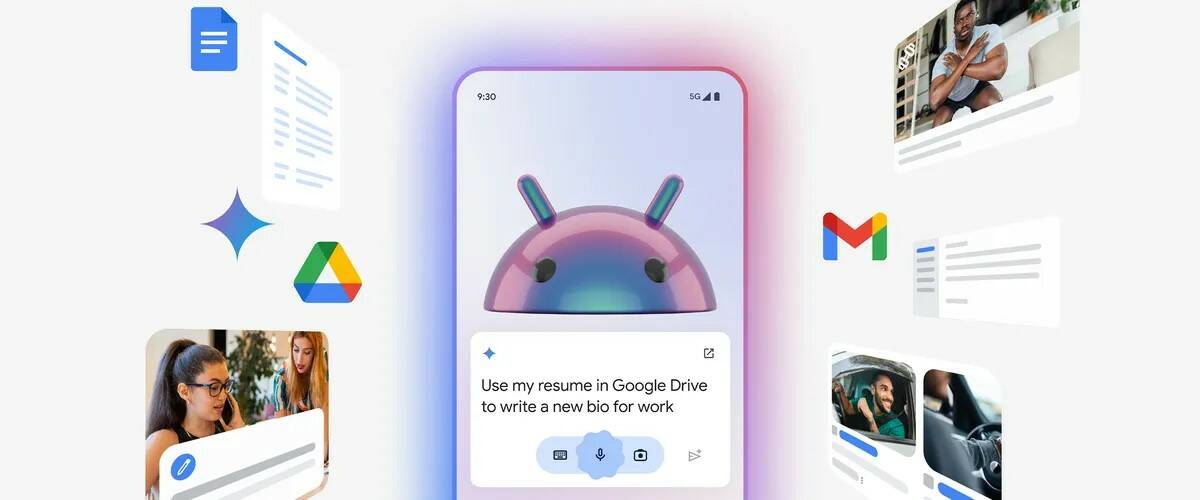












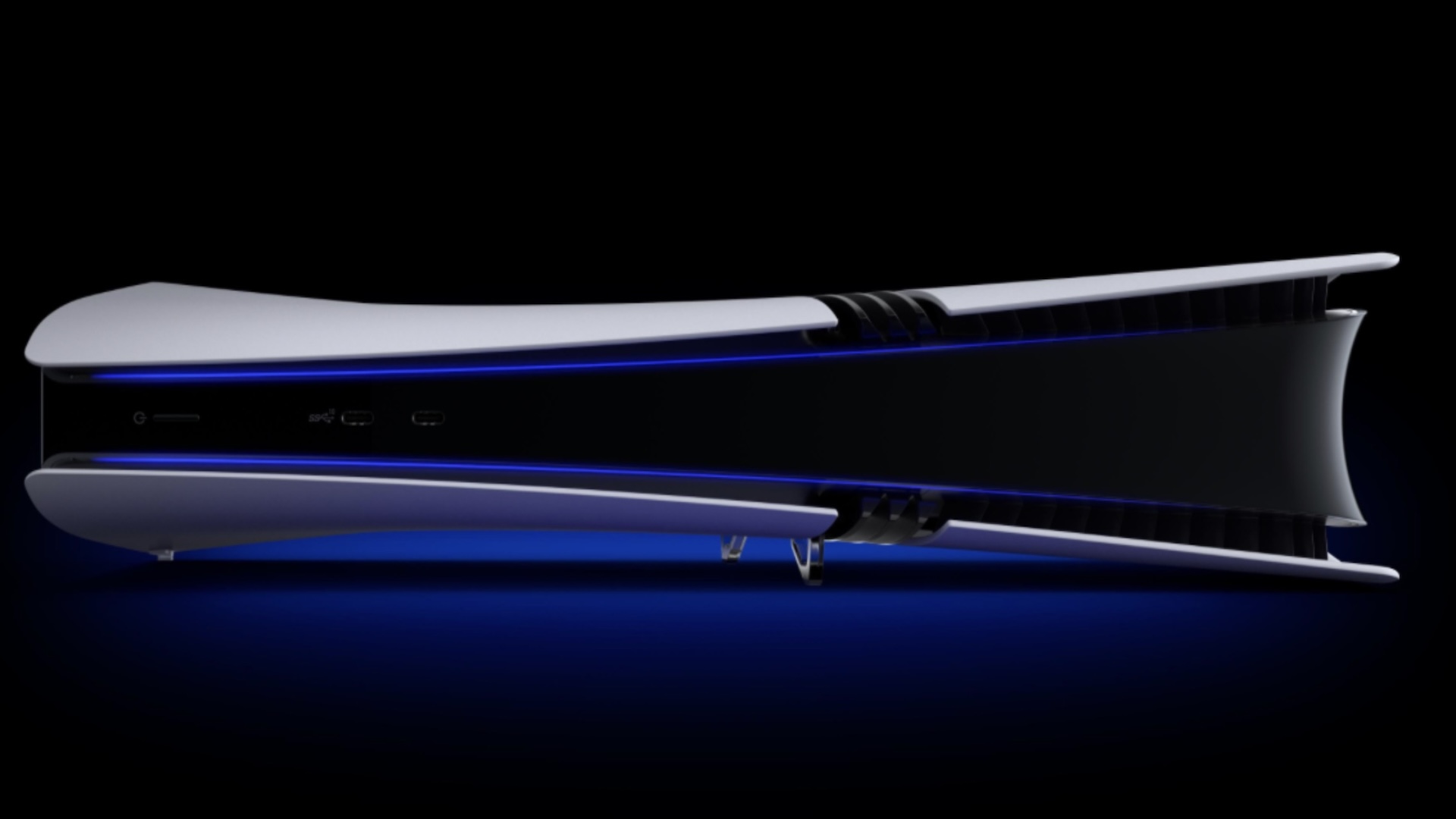
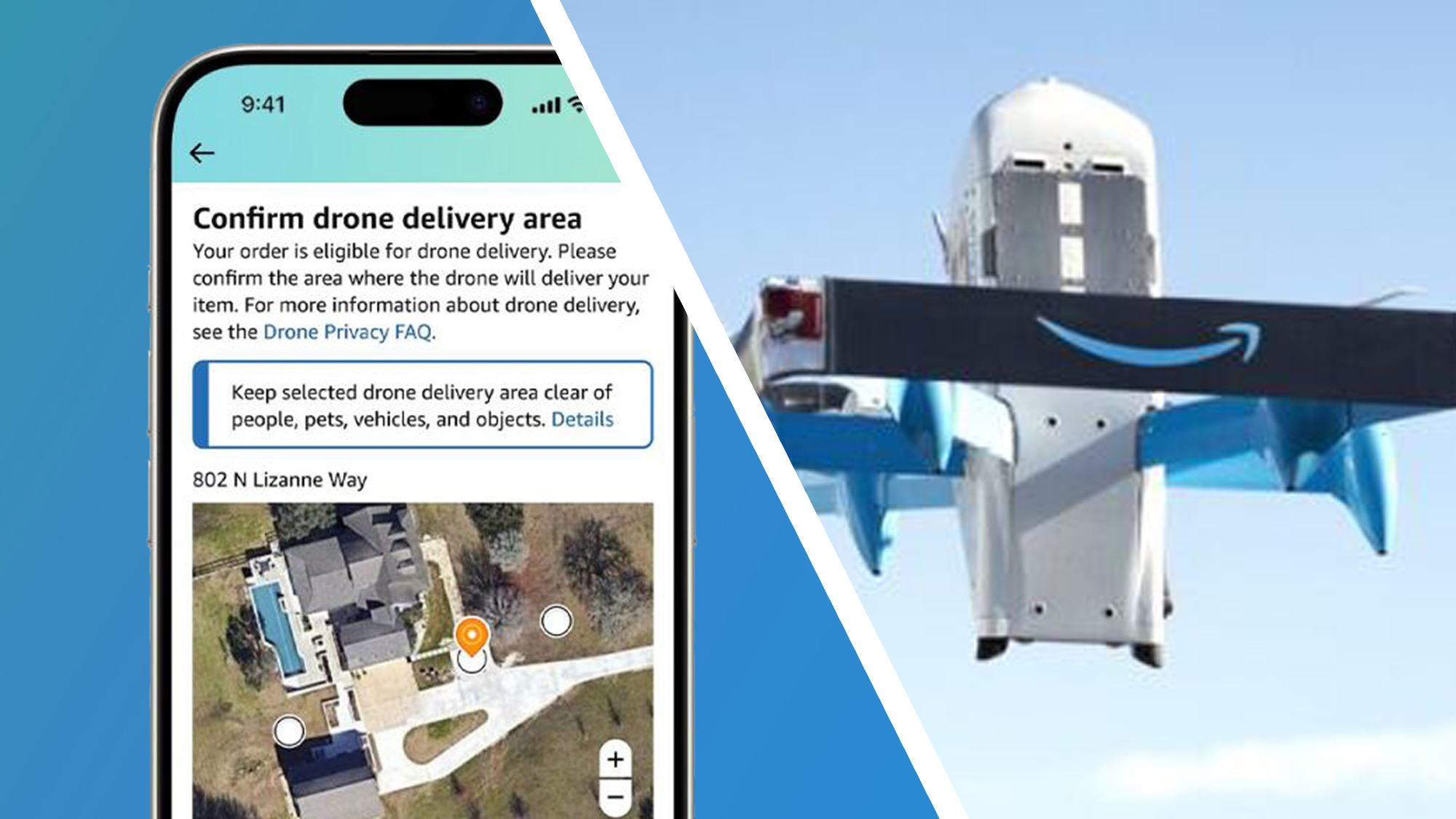















































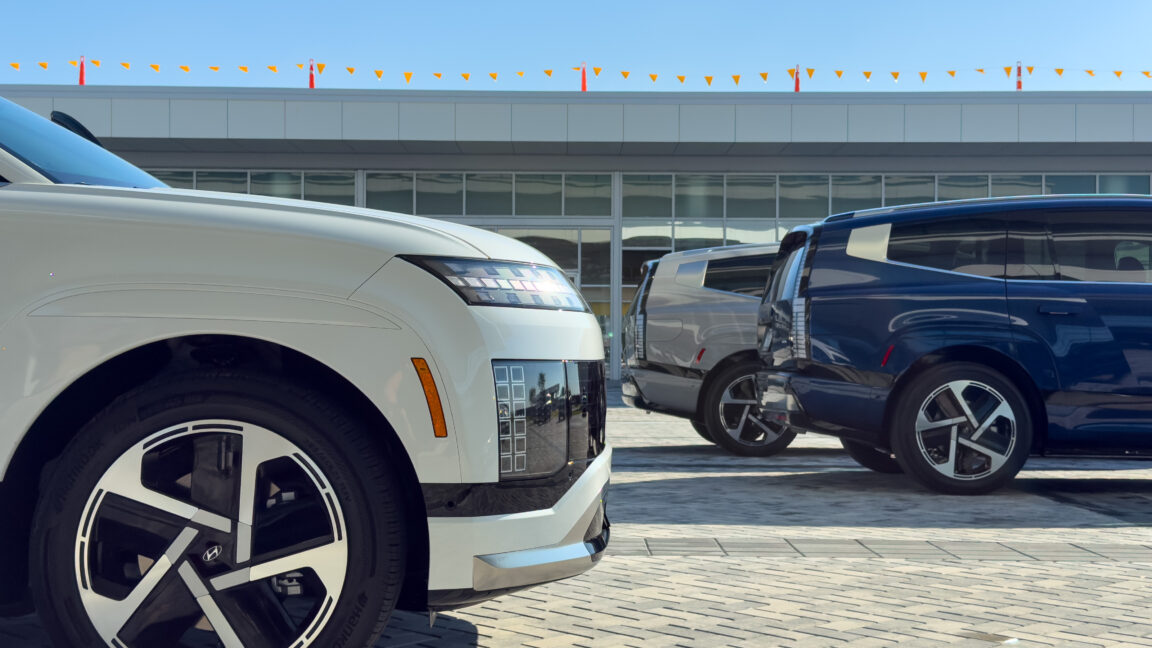


















































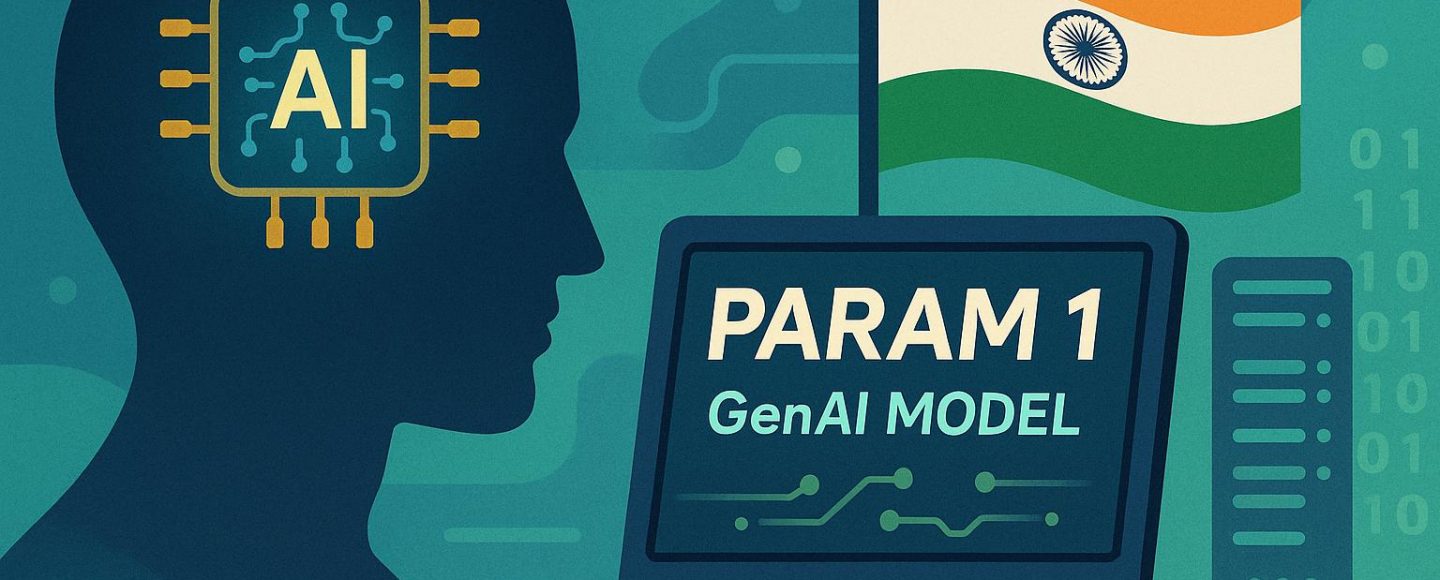























































![[The AI Show Episode 148]: Microsoft’s Quiet AI Layoffs, US Copyright Office’s Bombshell AI Guidance, 2025 State of Marketing AI Report, and OpenAI Codex](https://www.marketingaiinstitute.com/hubfs/ep%20148%20cover%20%281%29.png)


![[The AI Show Episode 146]: Rise of “AI-First” Companies, AI Job Disruption, GPT-4o Update Gets Rolled Back, How Big Consulting Firms Use AI, and Meta AI App](https://www.marketingaiinstitute.com/hubfs/ep%20146%20cover.png)








































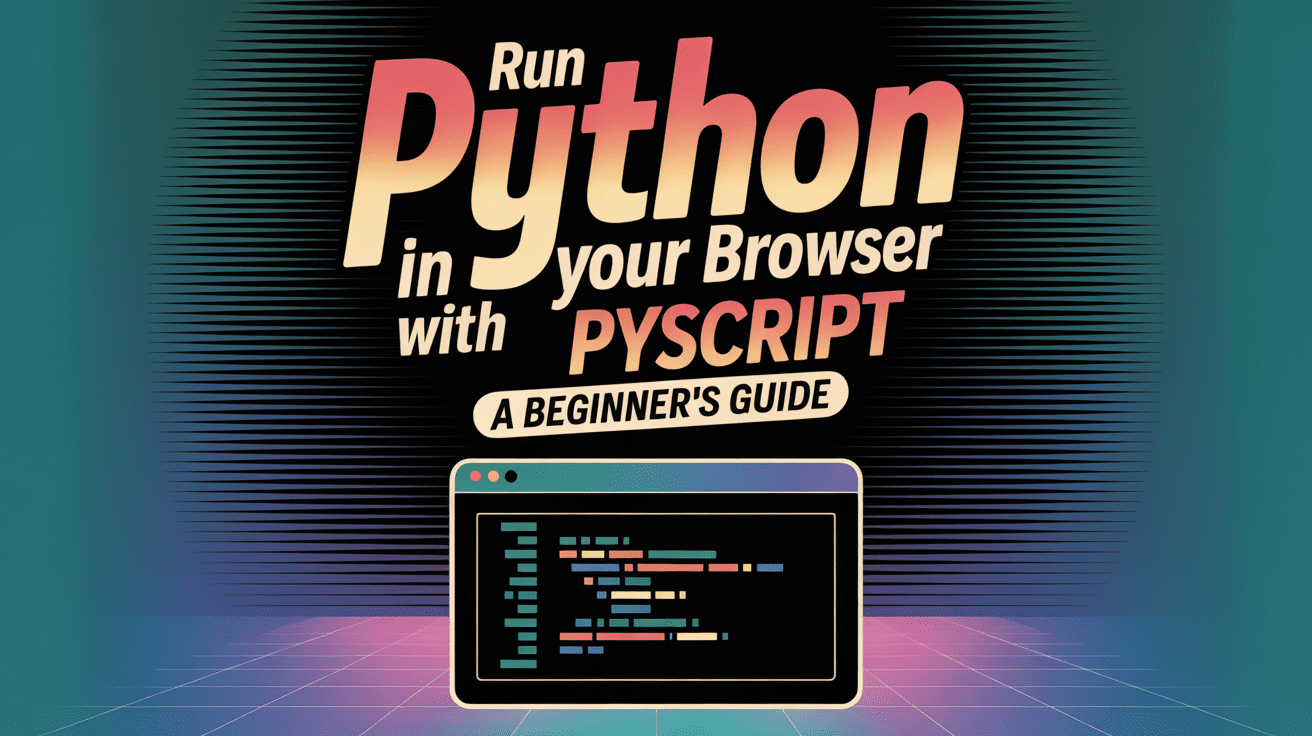

































































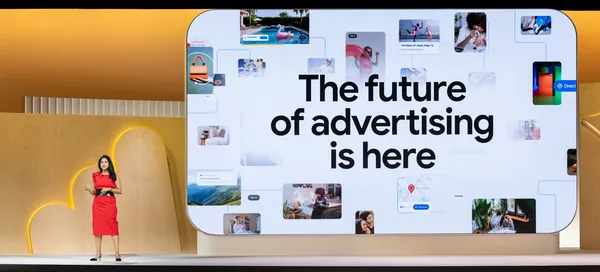
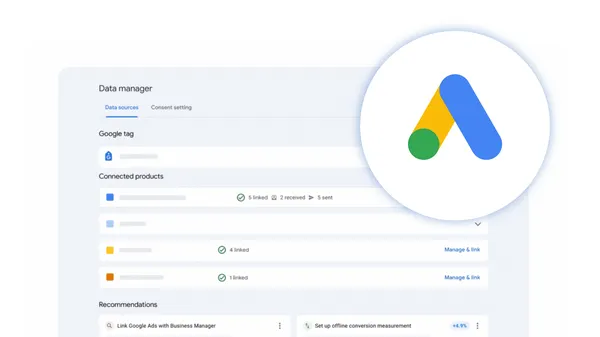
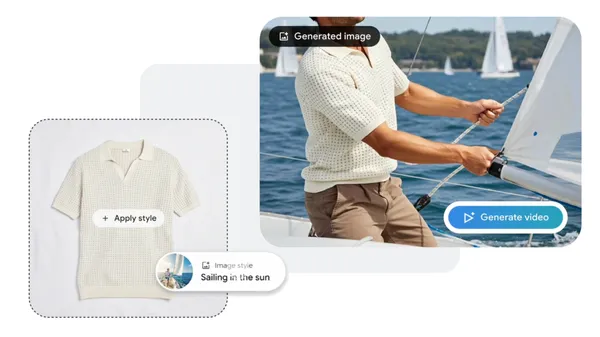





















































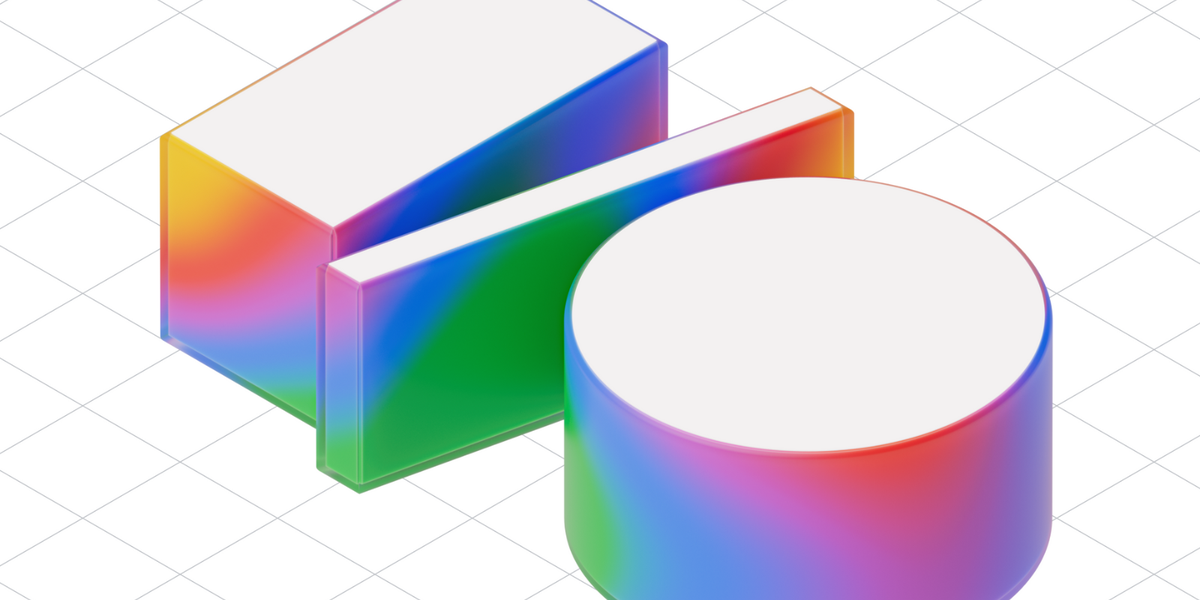

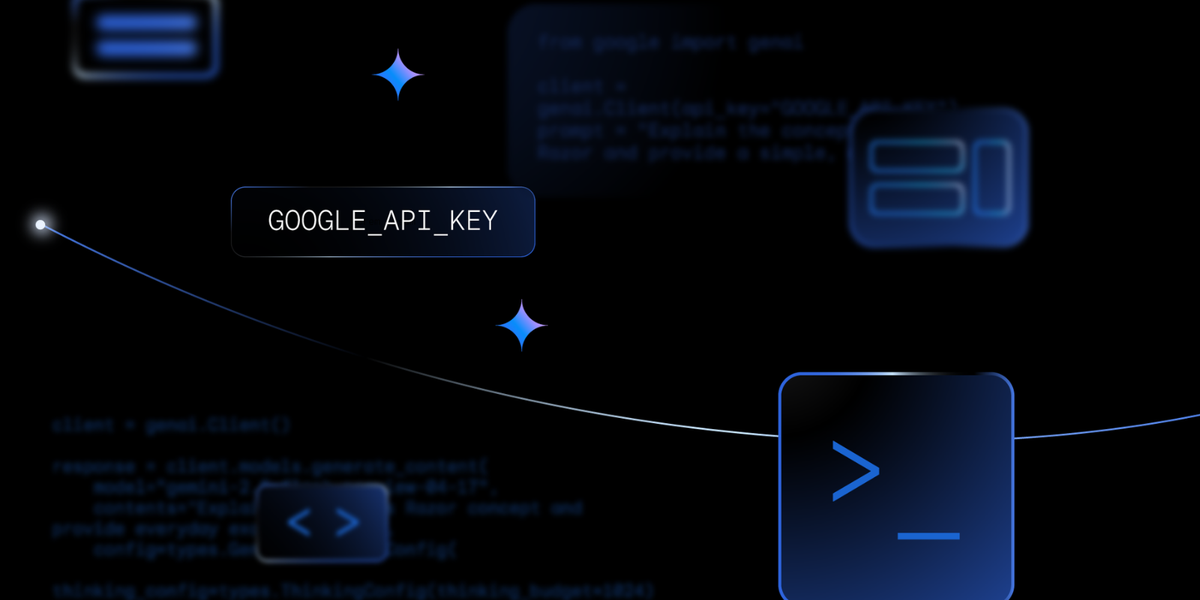



















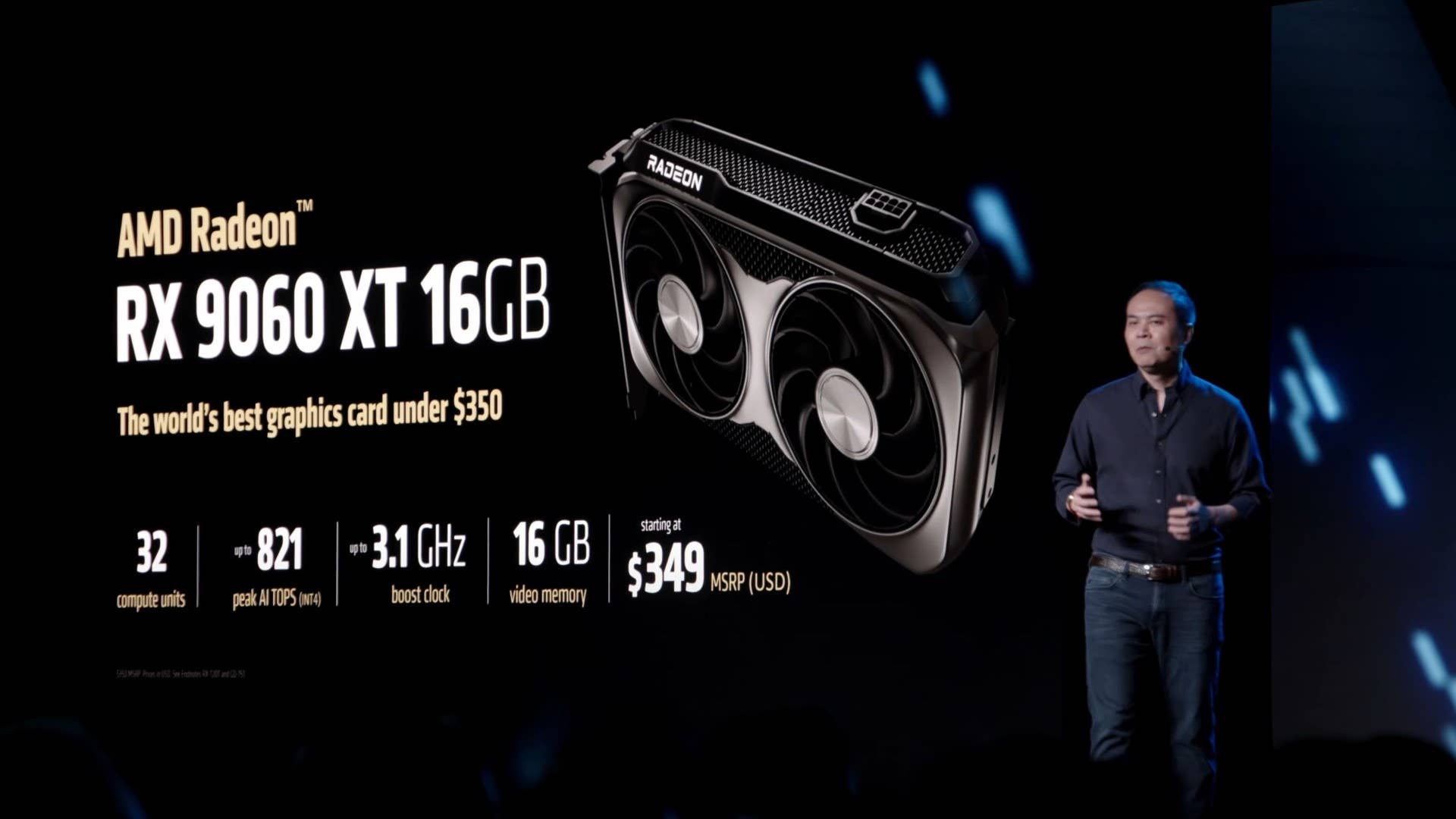


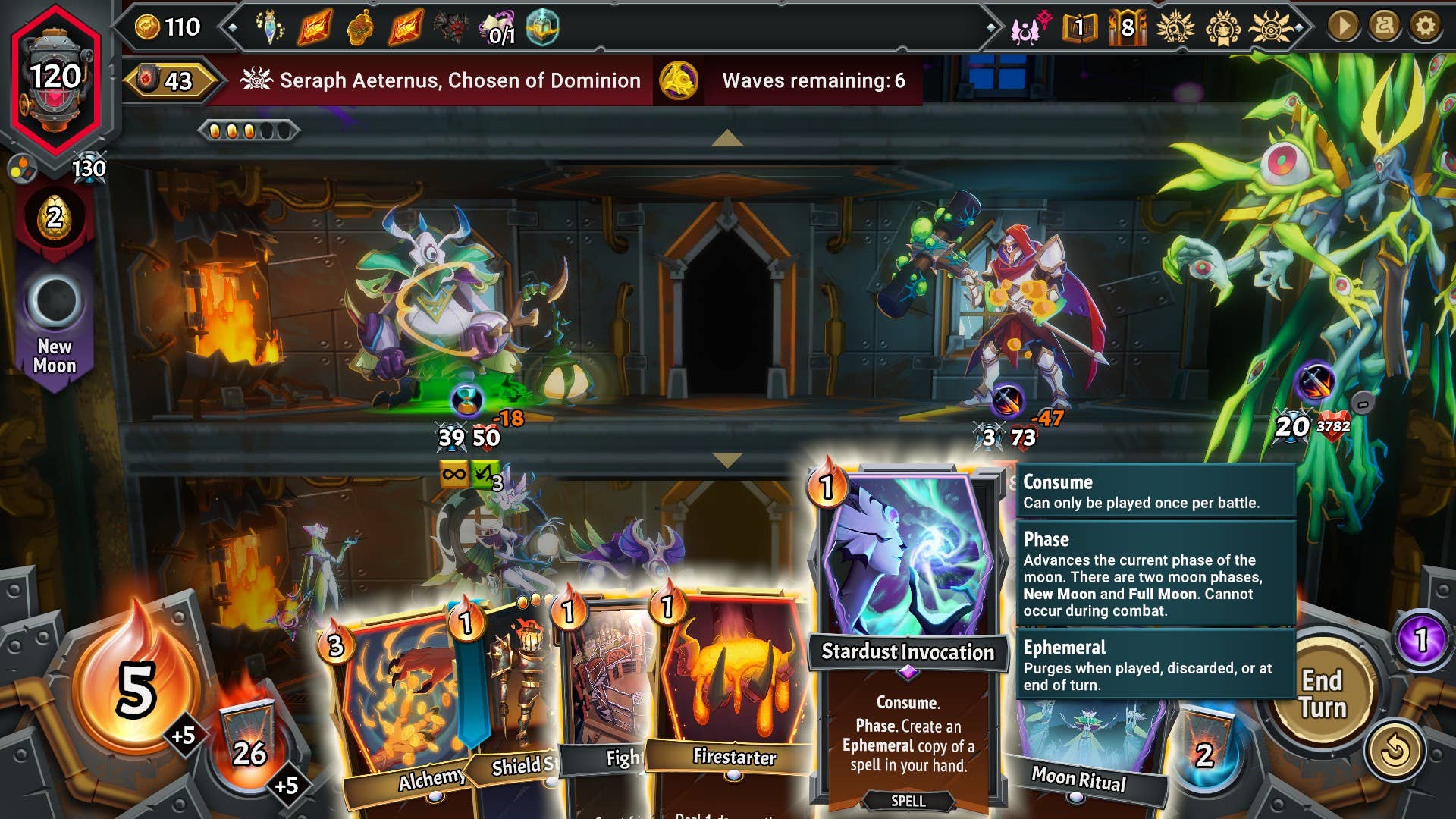





















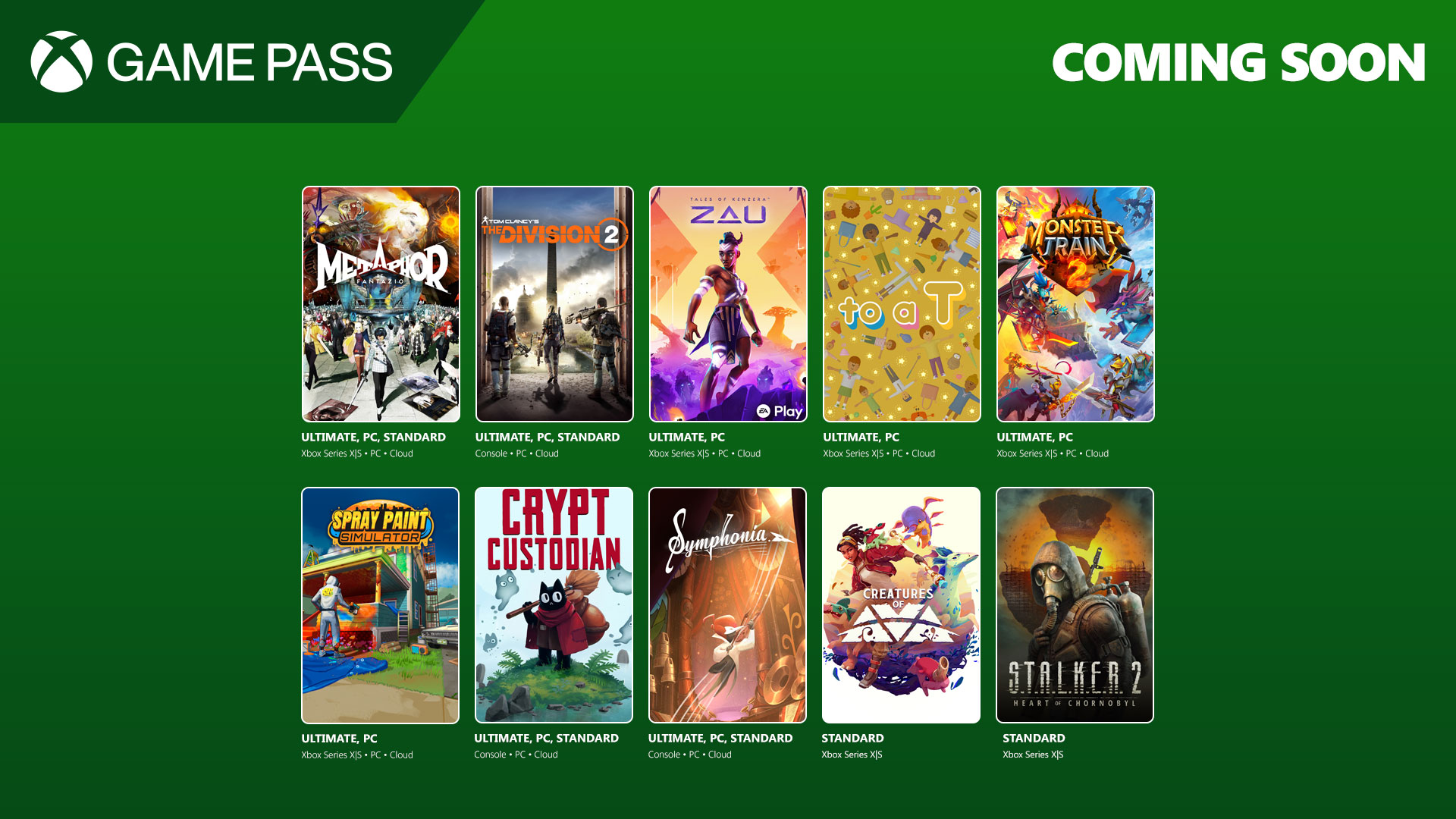

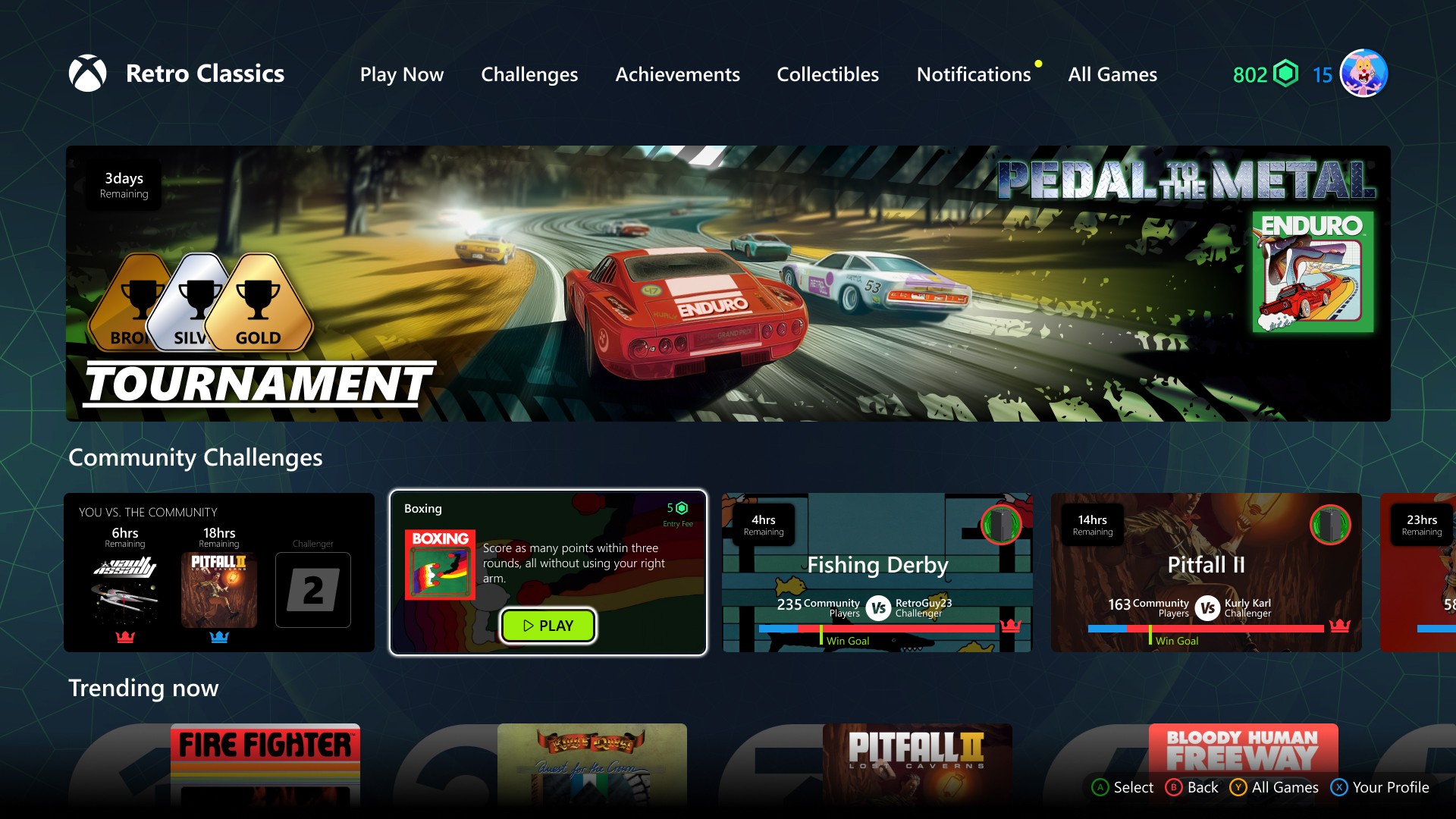







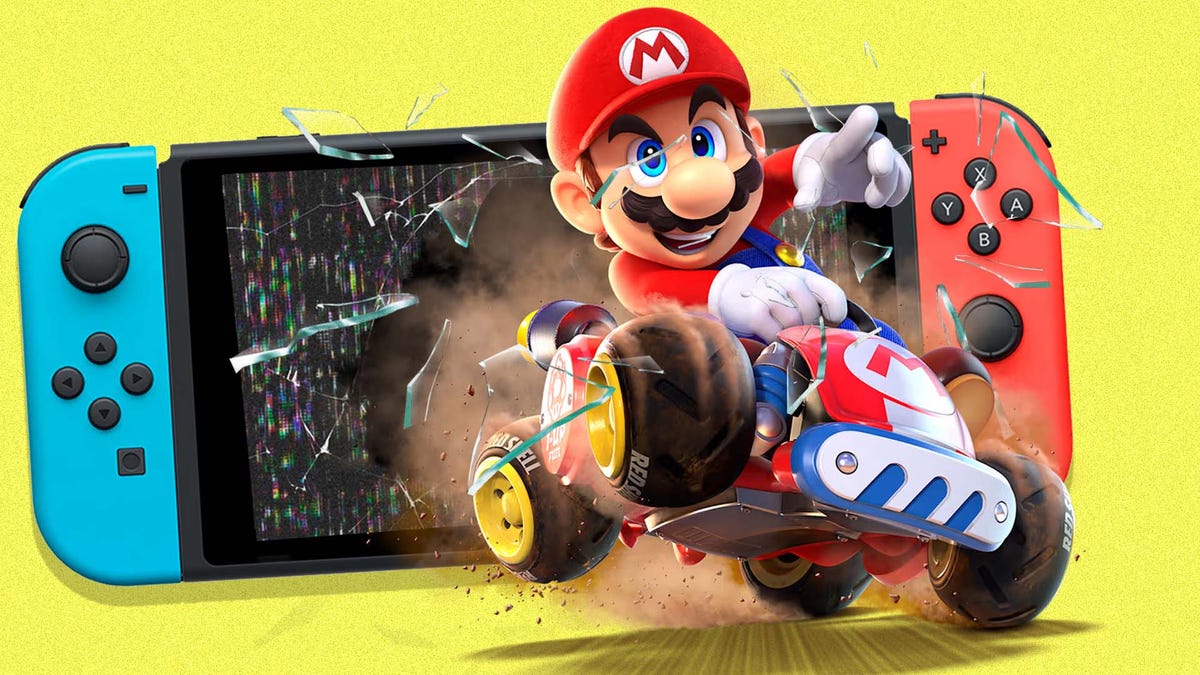












.jpg?#)








.jpg?width=1920&height=1920&fit=bounds&quality=70&format=jpg&auto=webp#)



















_pichetw_Alamy.jpg?width=1280&auto=webp&quality=80&disable=upscale#)









































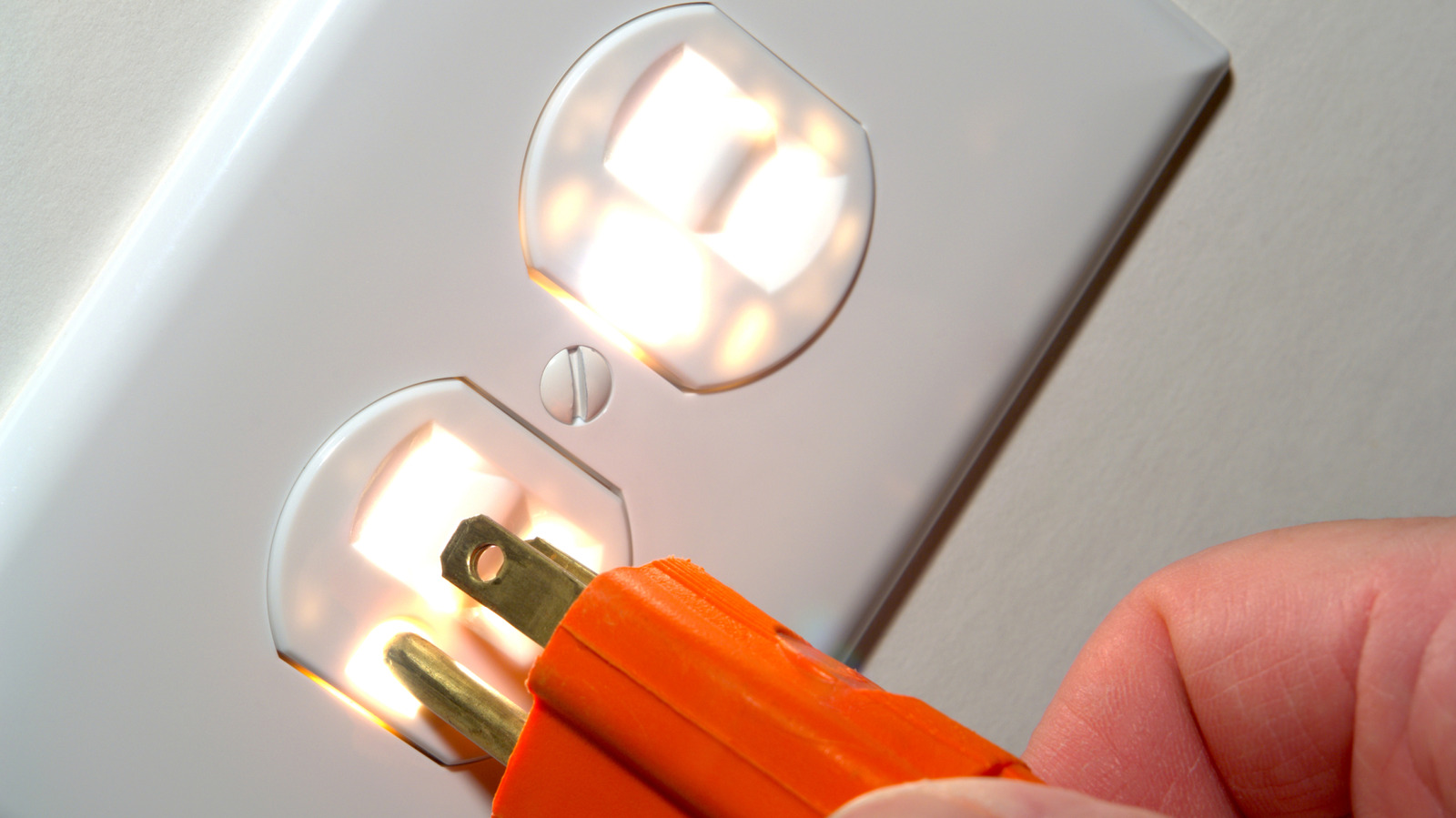
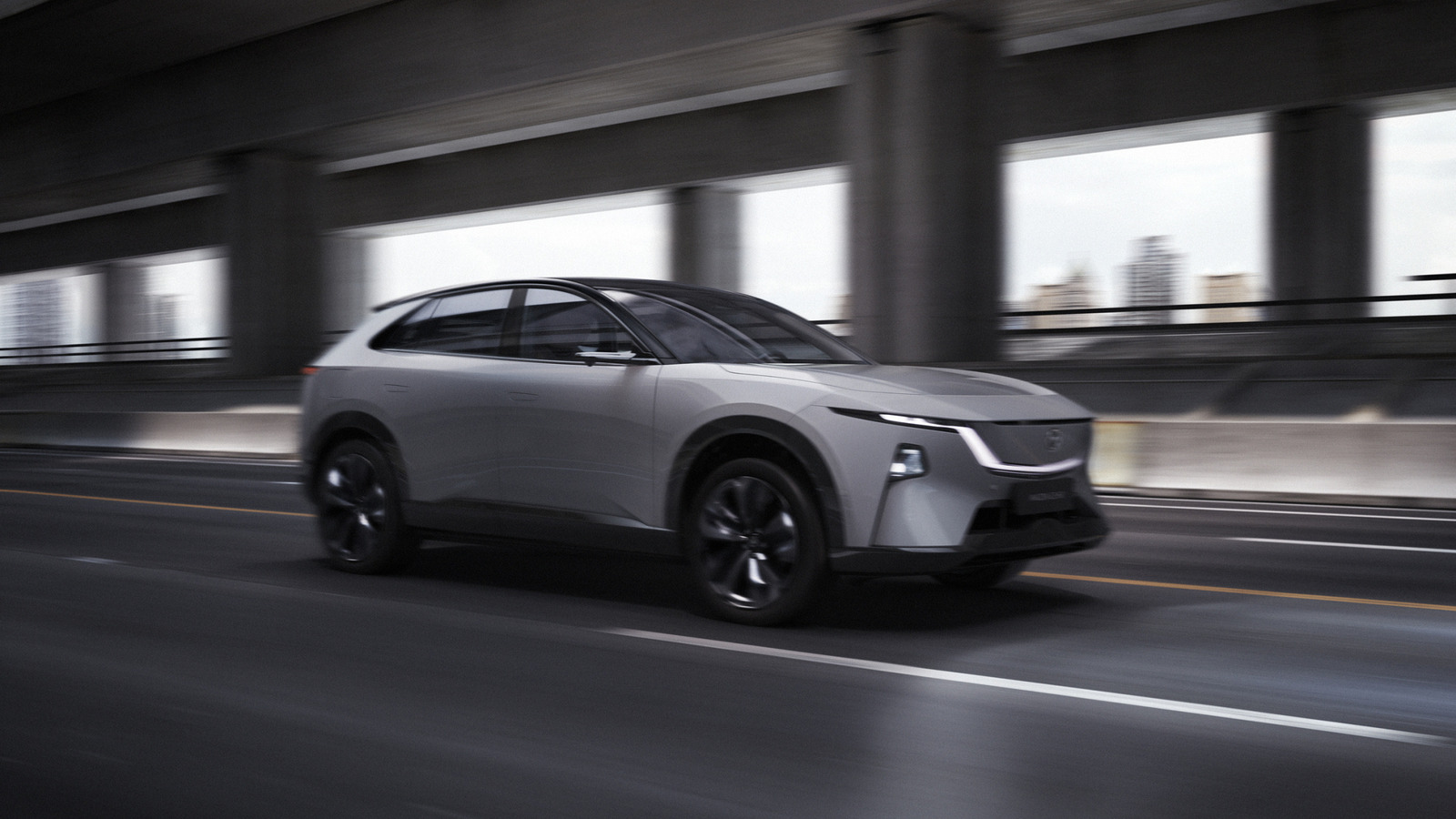

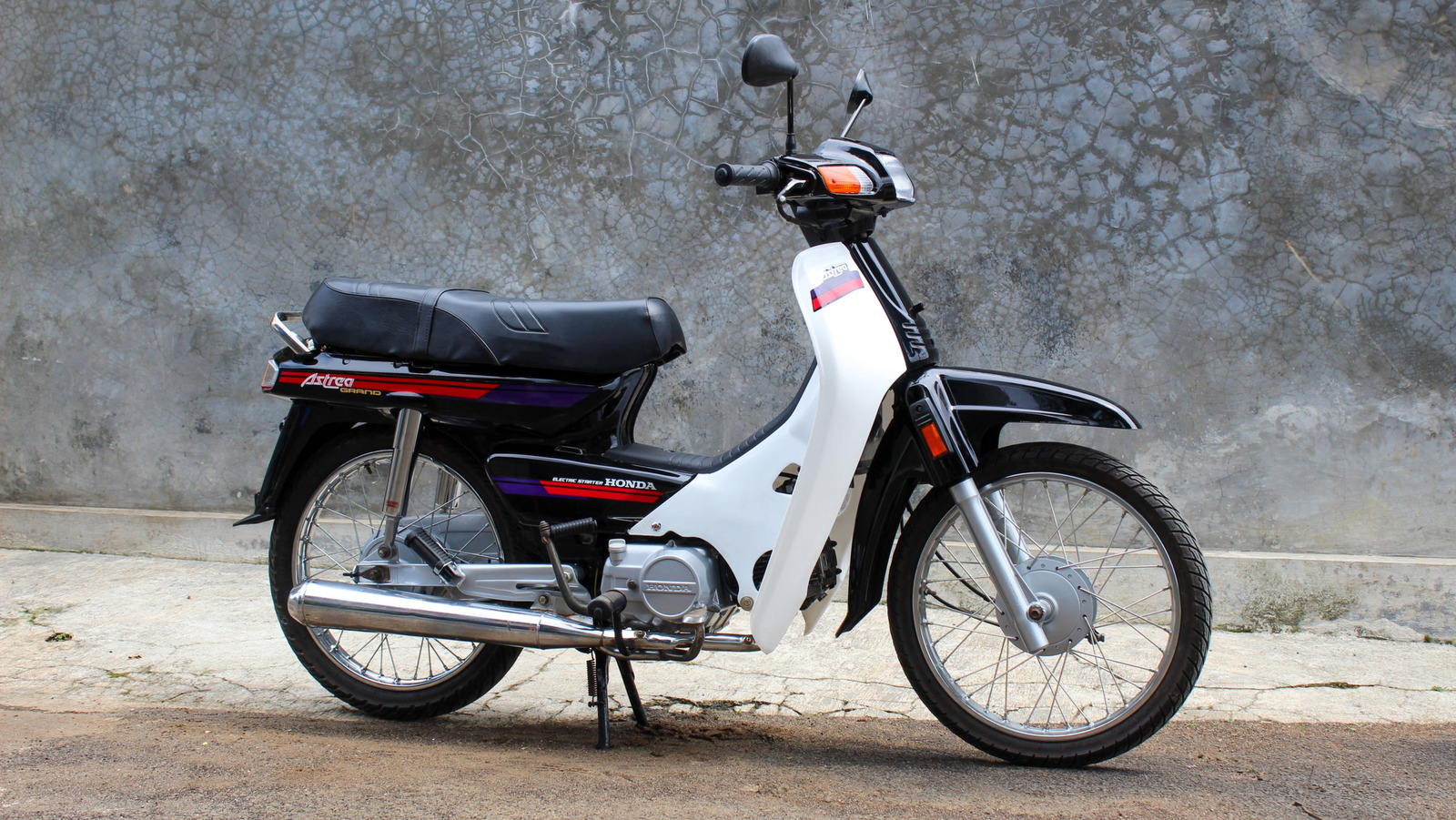


































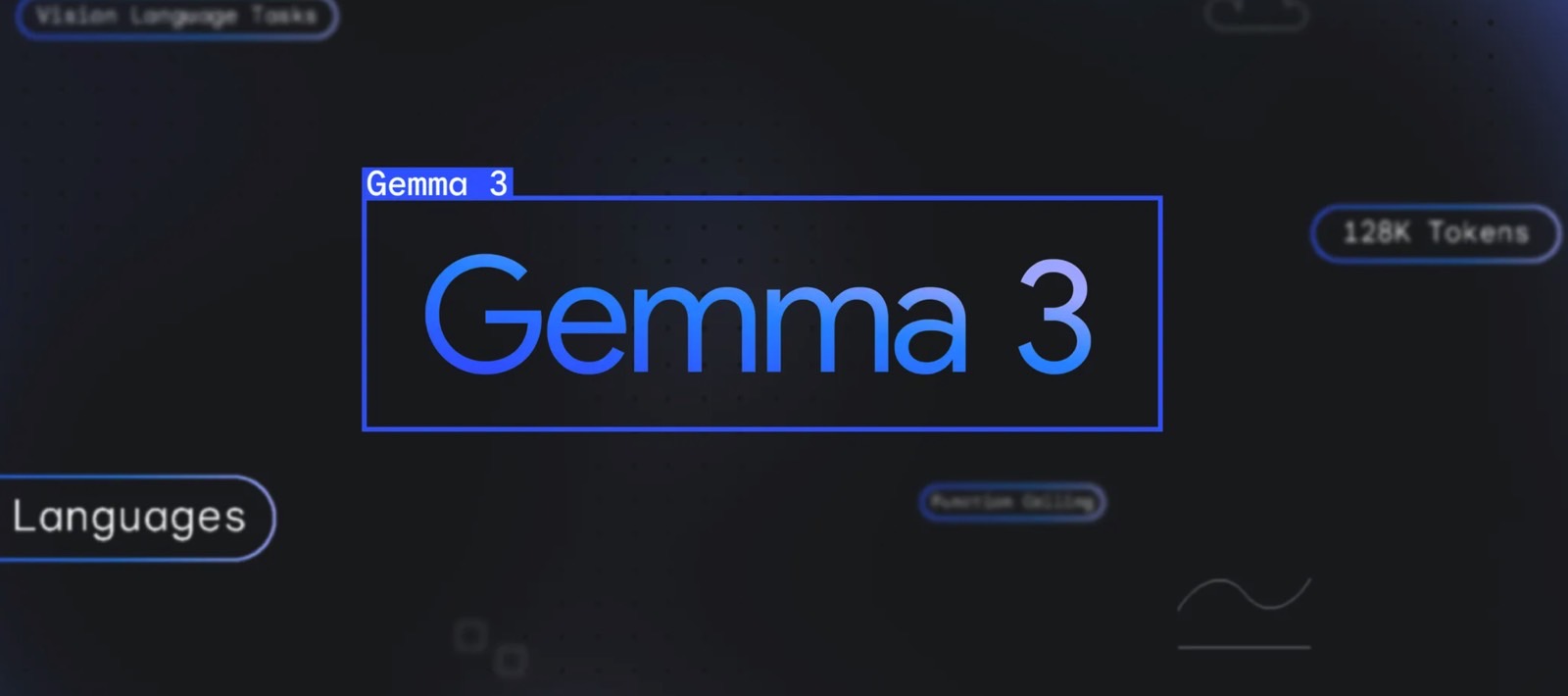

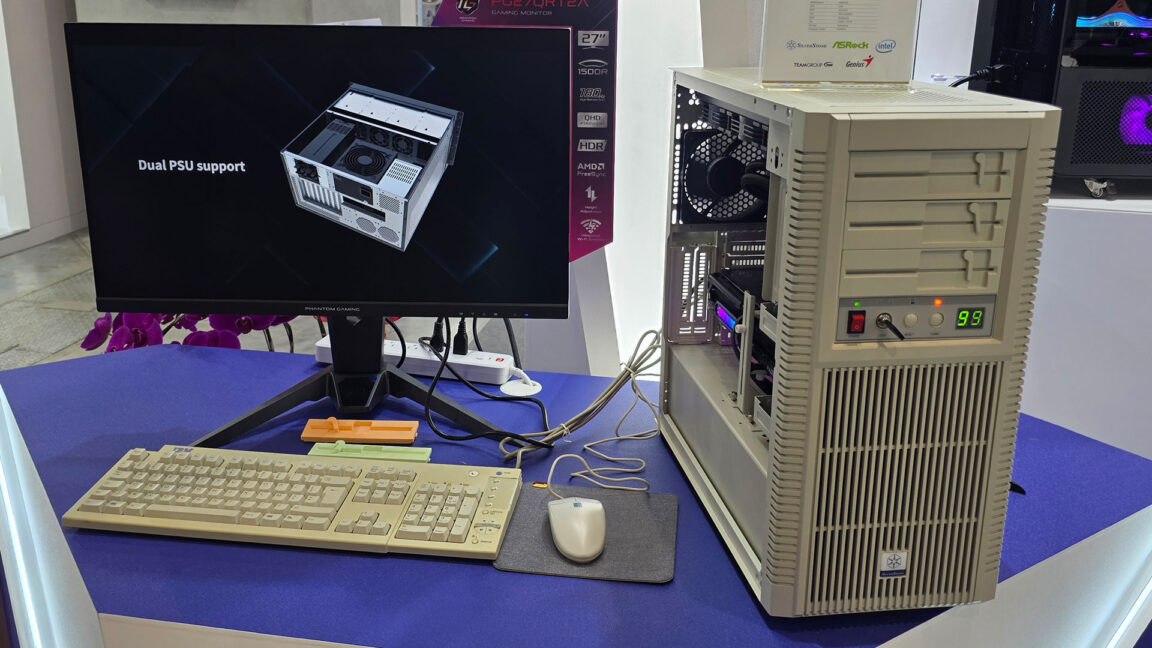
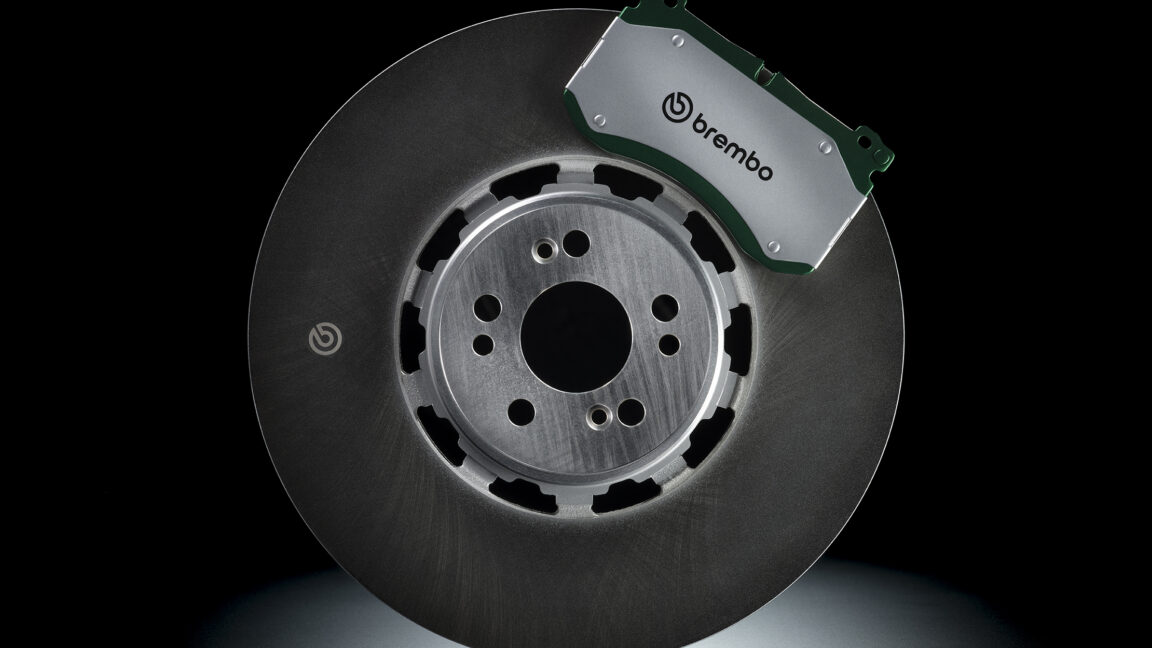

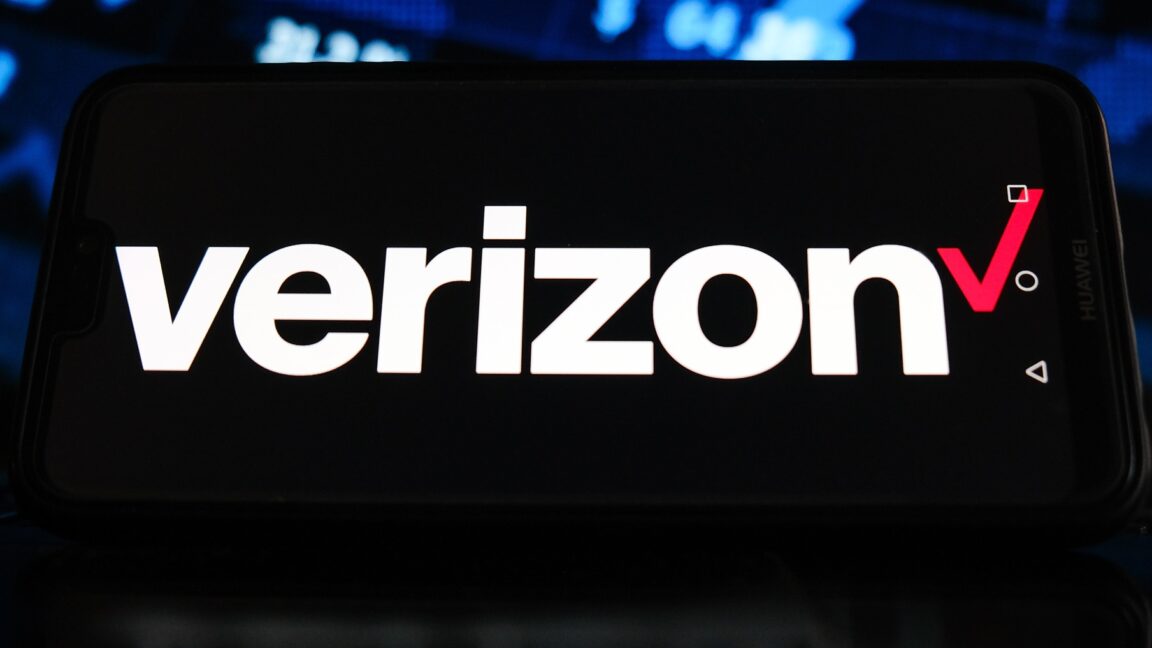
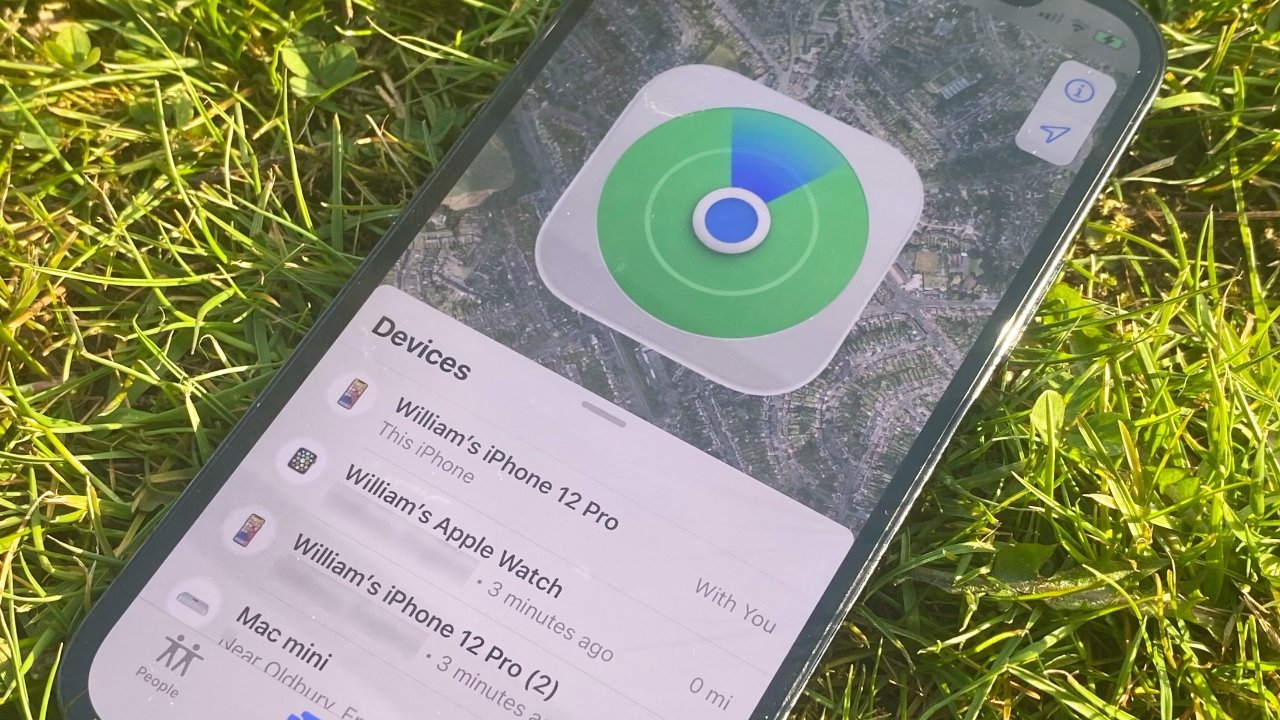

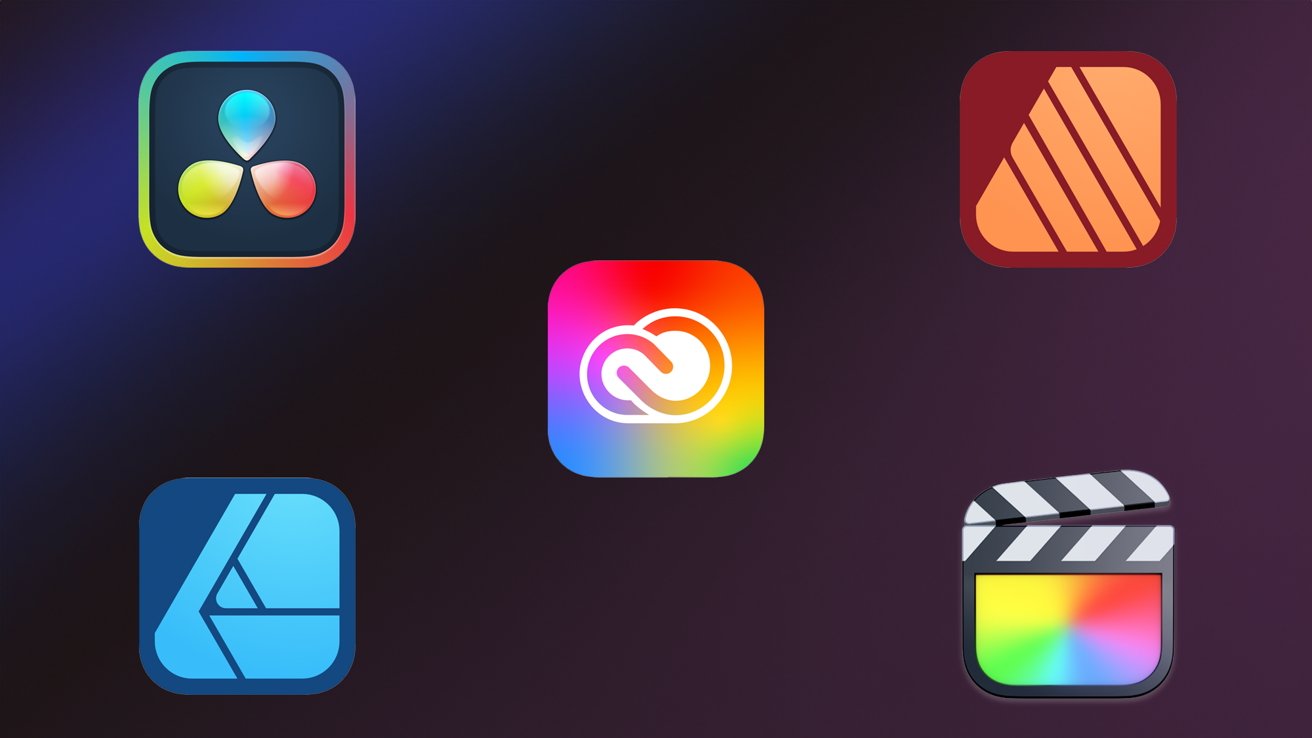

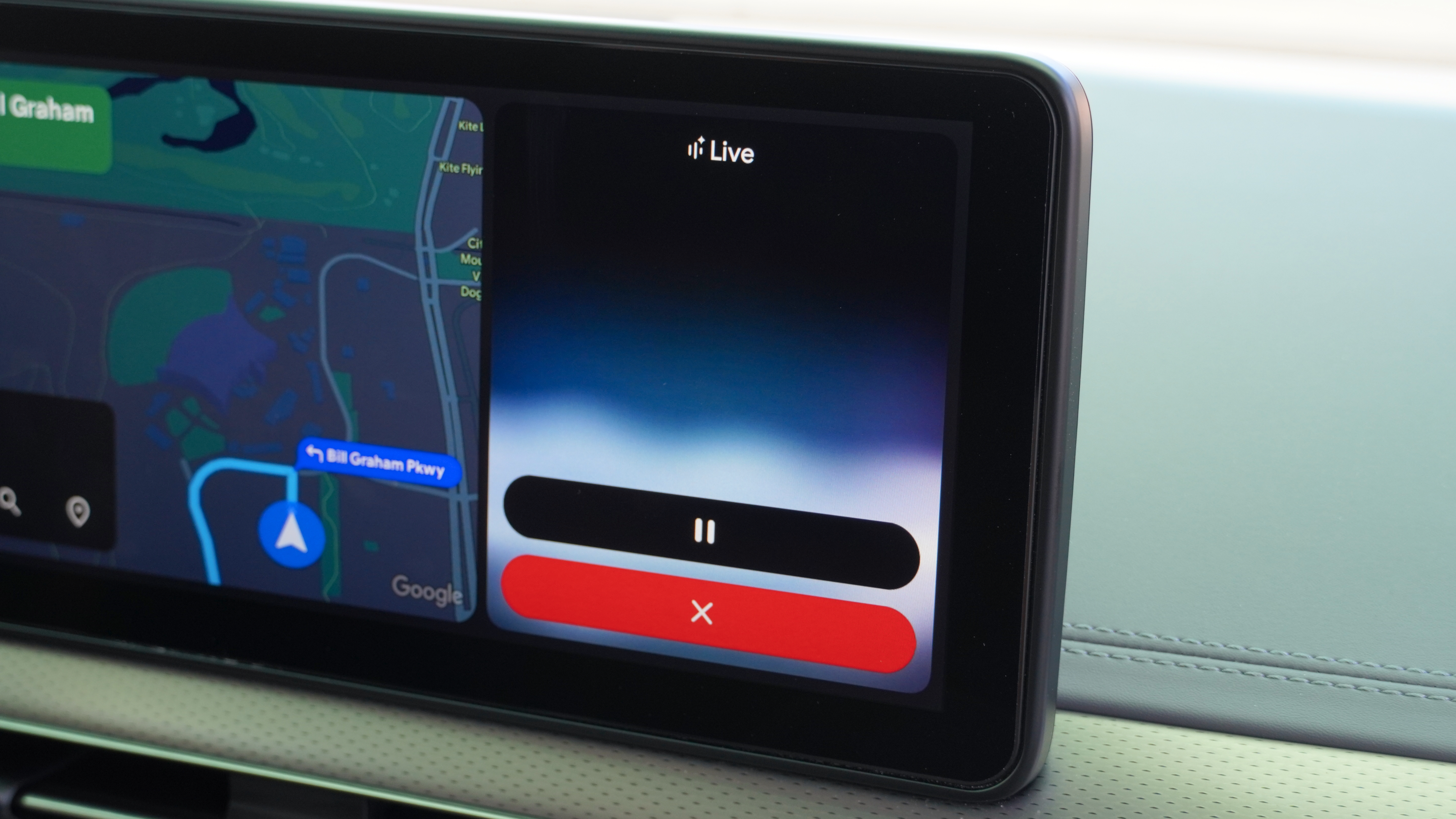

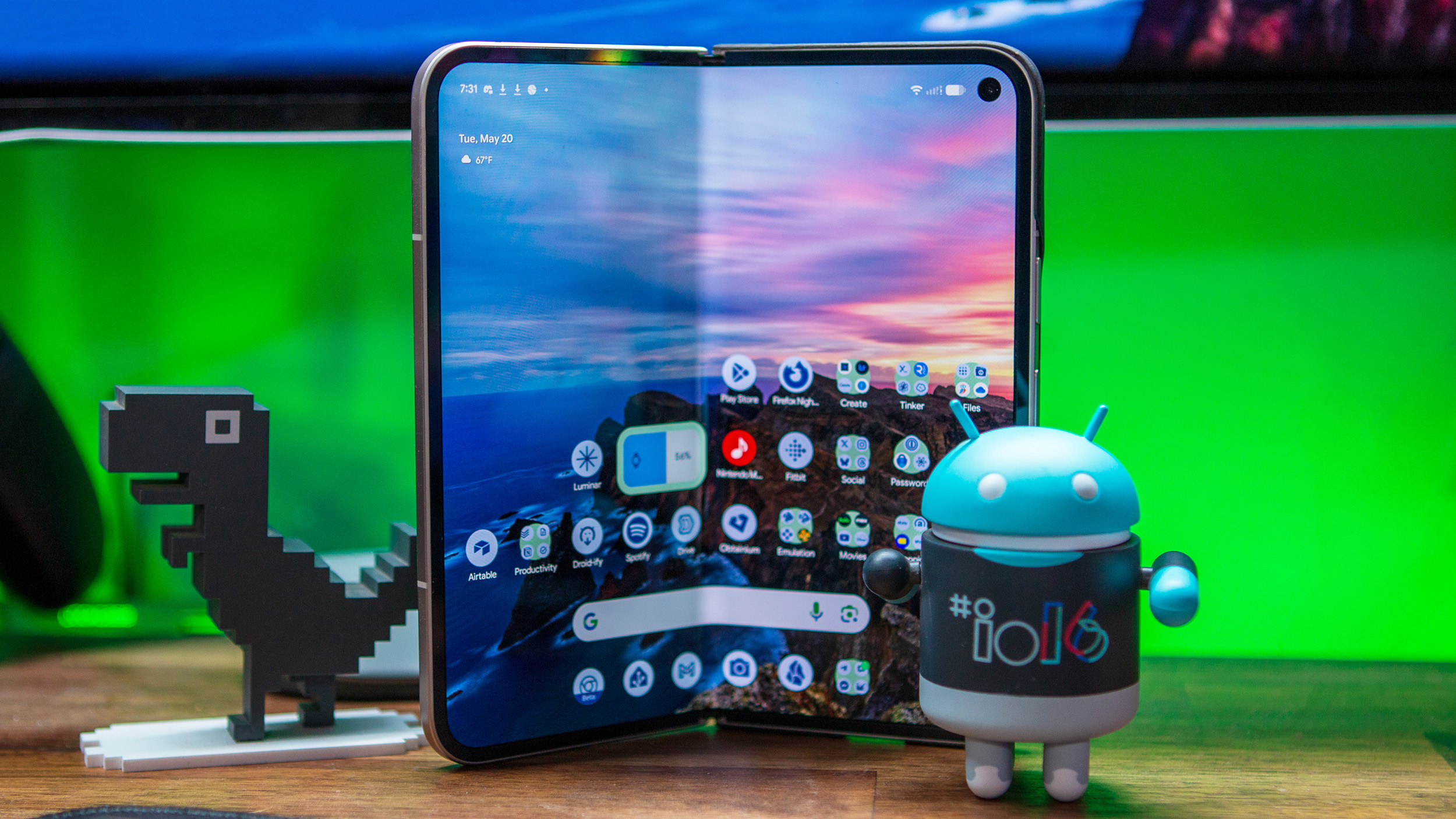

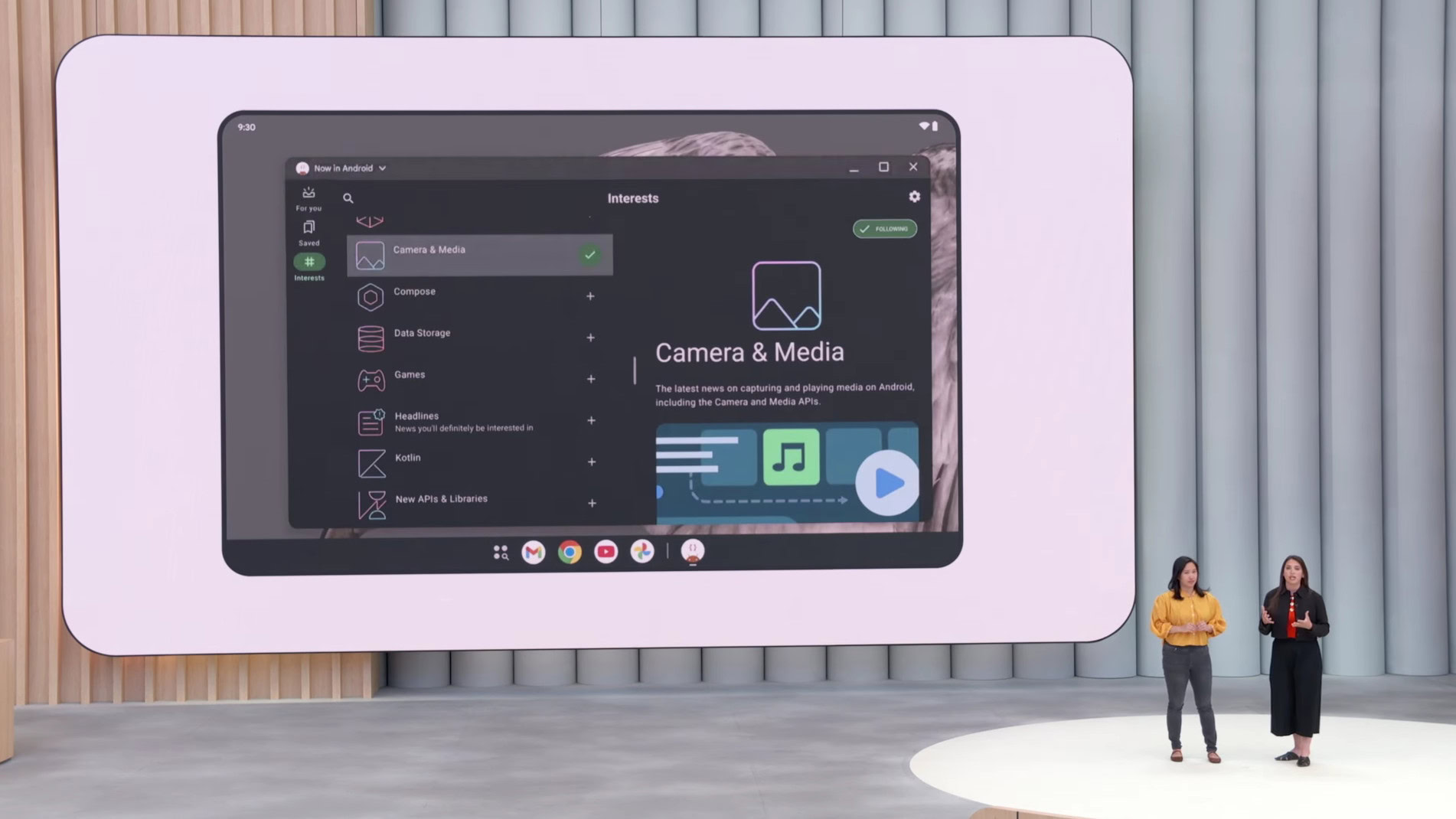
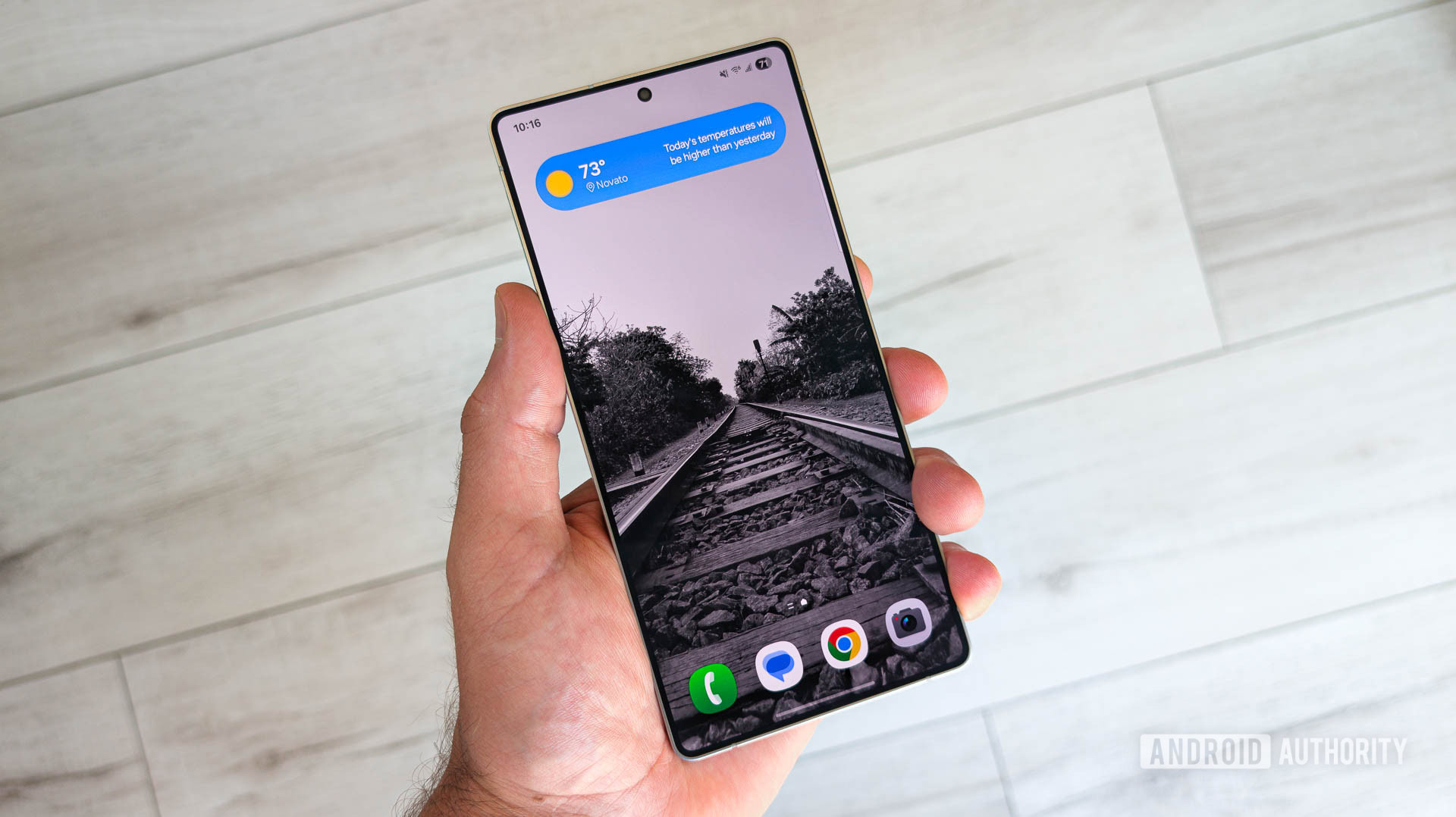
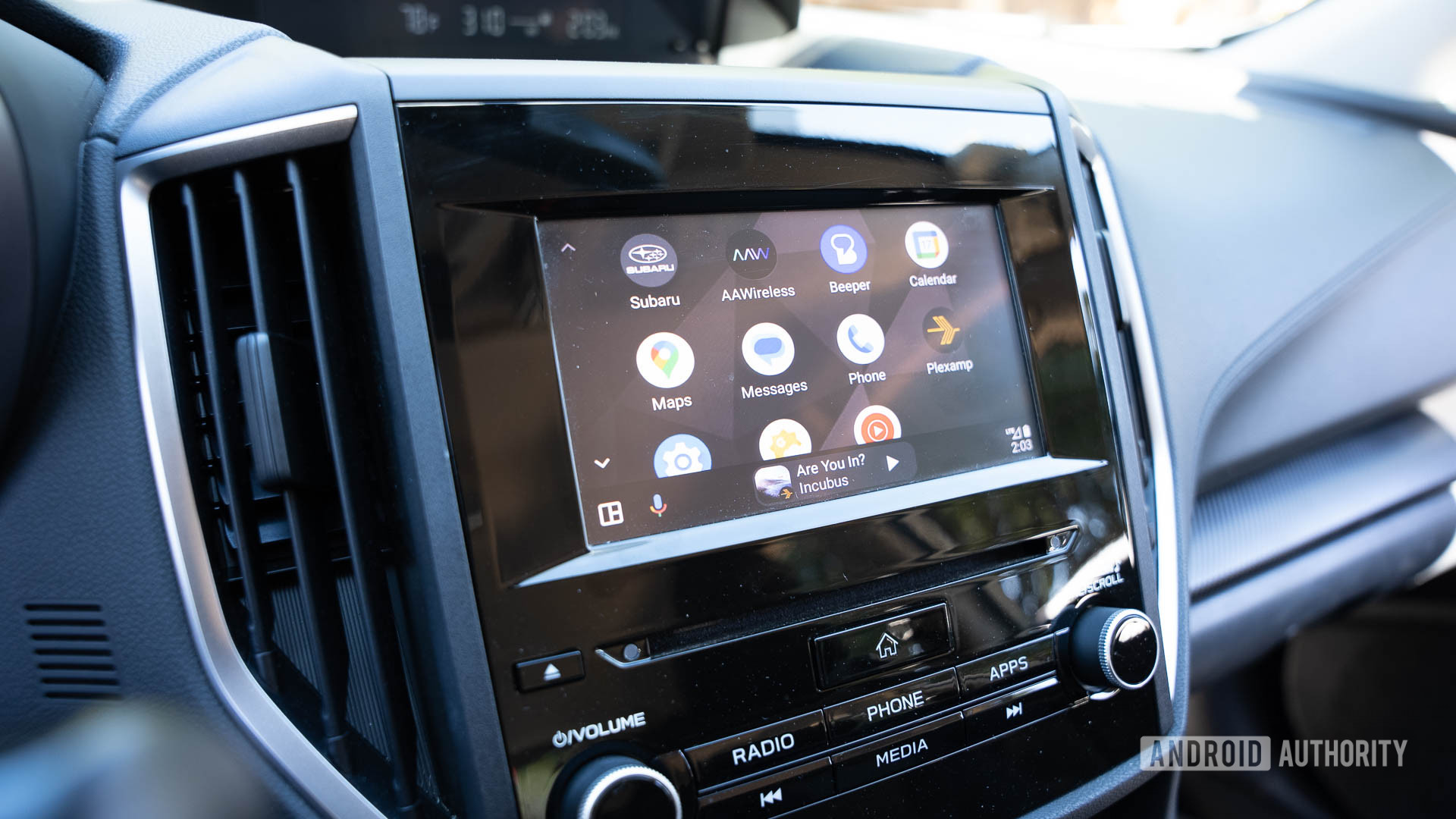
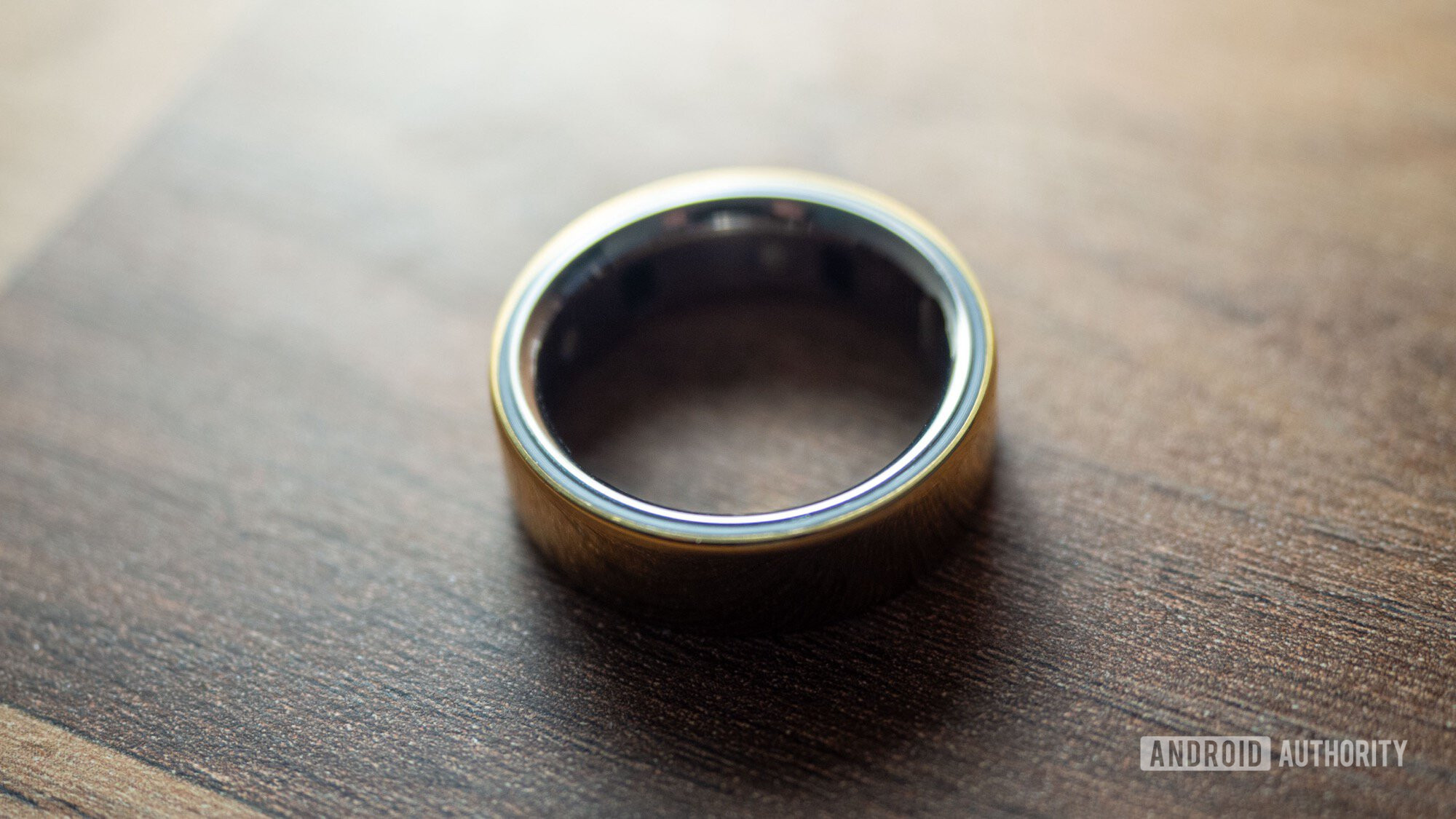



















![Apple Leads Global Wireless Earbuds Market in Q1 2025 [Chart]](https://www.iclarified.com/images/news/97394/97394/97394-640.jpg)

![OpenAI Acquires Jony Ive's 'io' to Build Next-Gen AI Devices [Video]](https://www.iclarified.com/images/news/97399/97399/97399-640.jpg)
![Apple Shares Teaser for 'Chief of War' Starring Jason Momoa [Video]](https://www.iclarified.com/images/news/97400/97400/97400-640.jpg)











